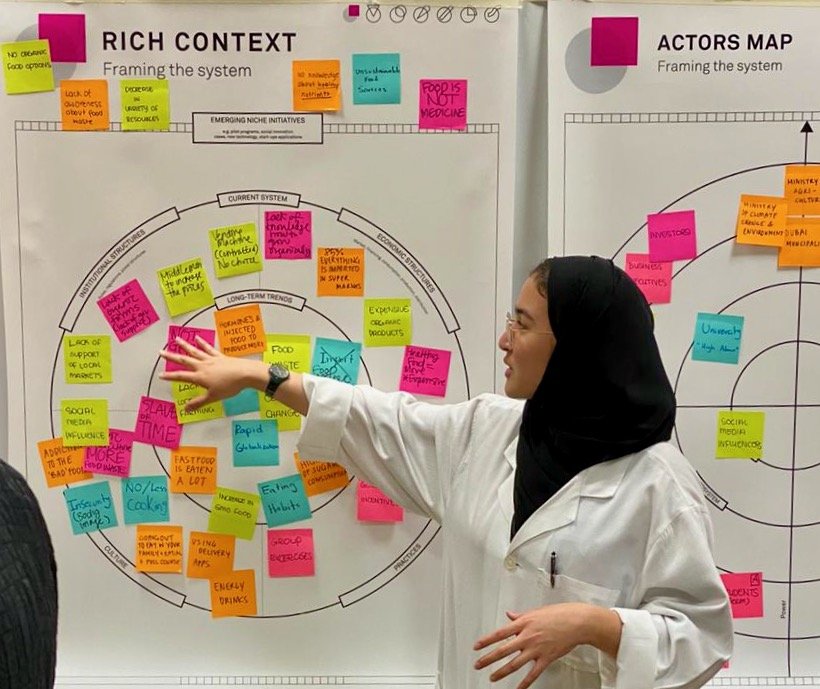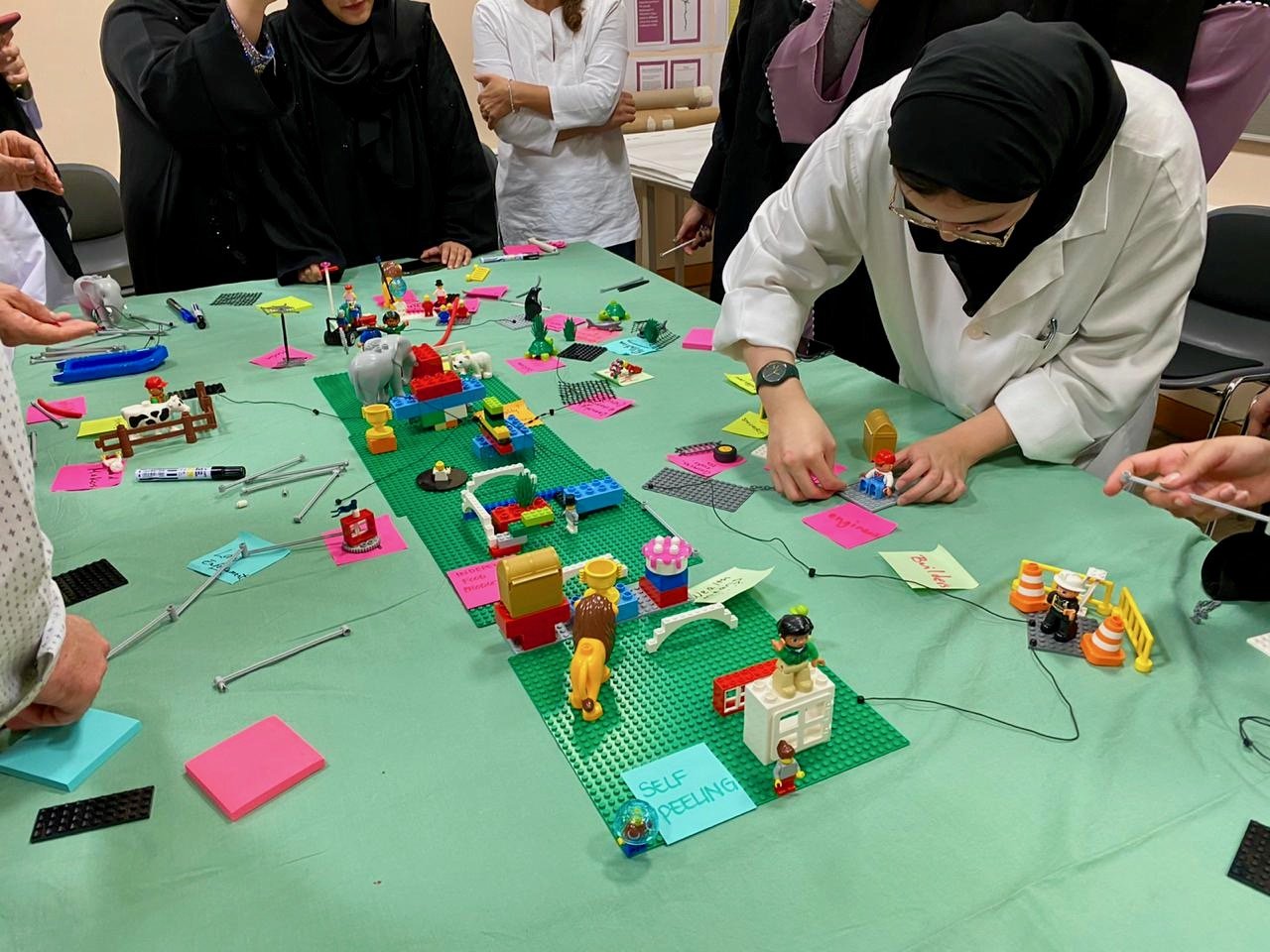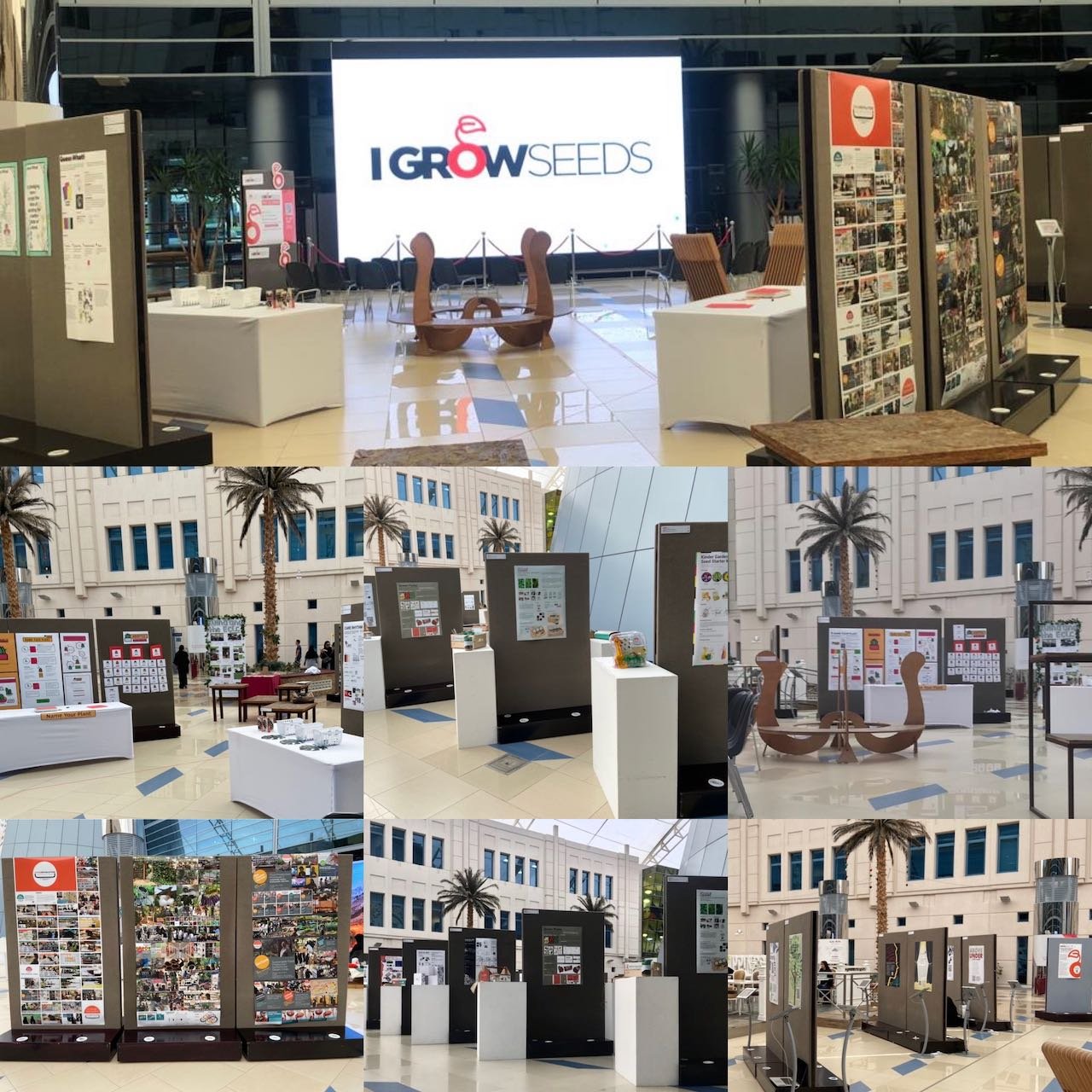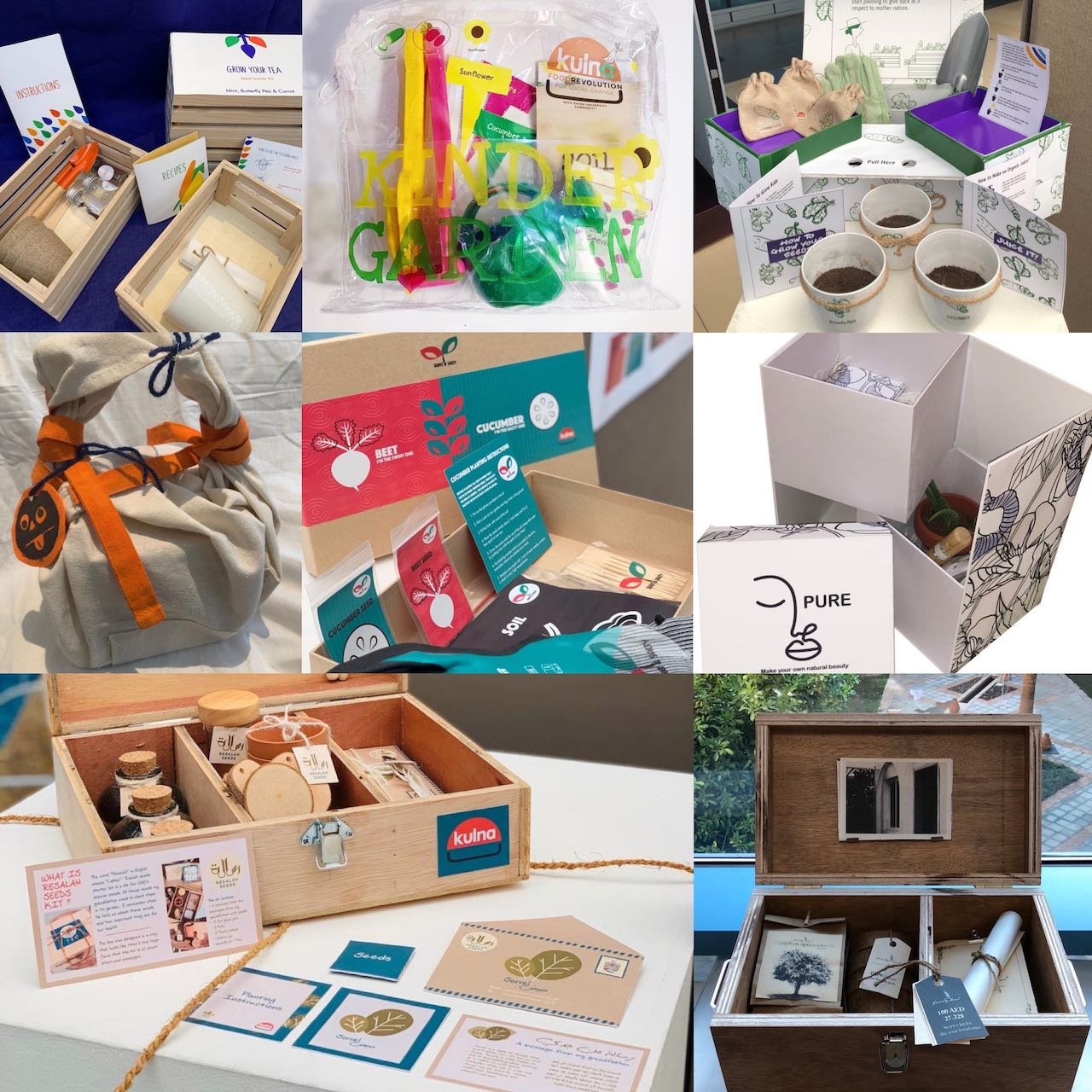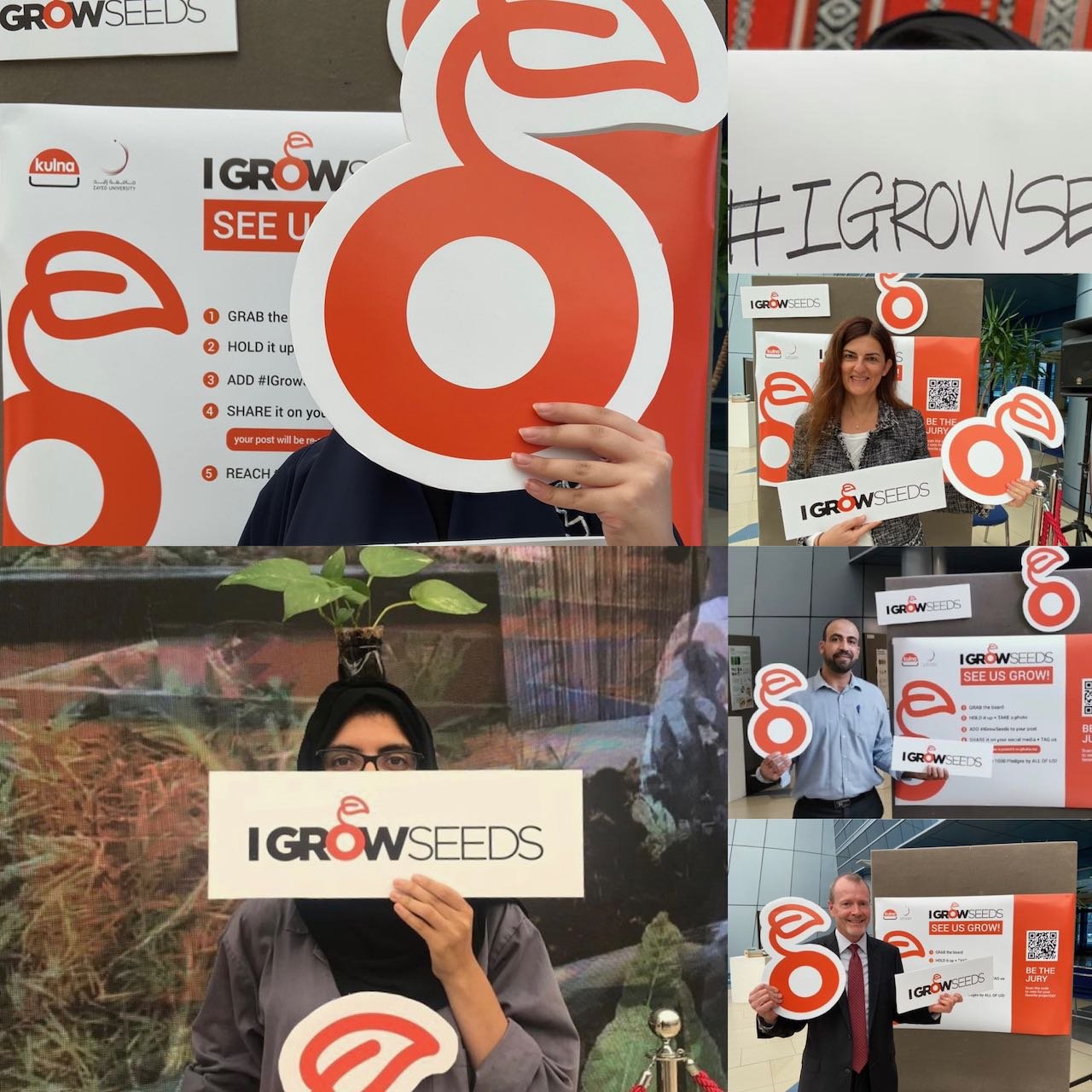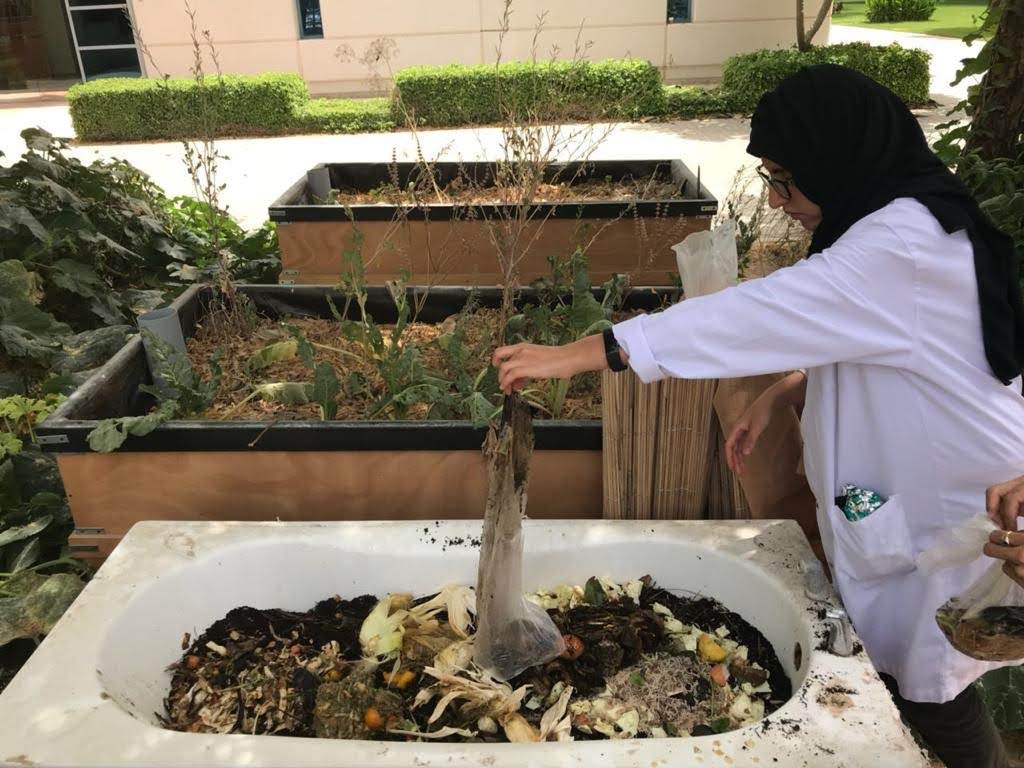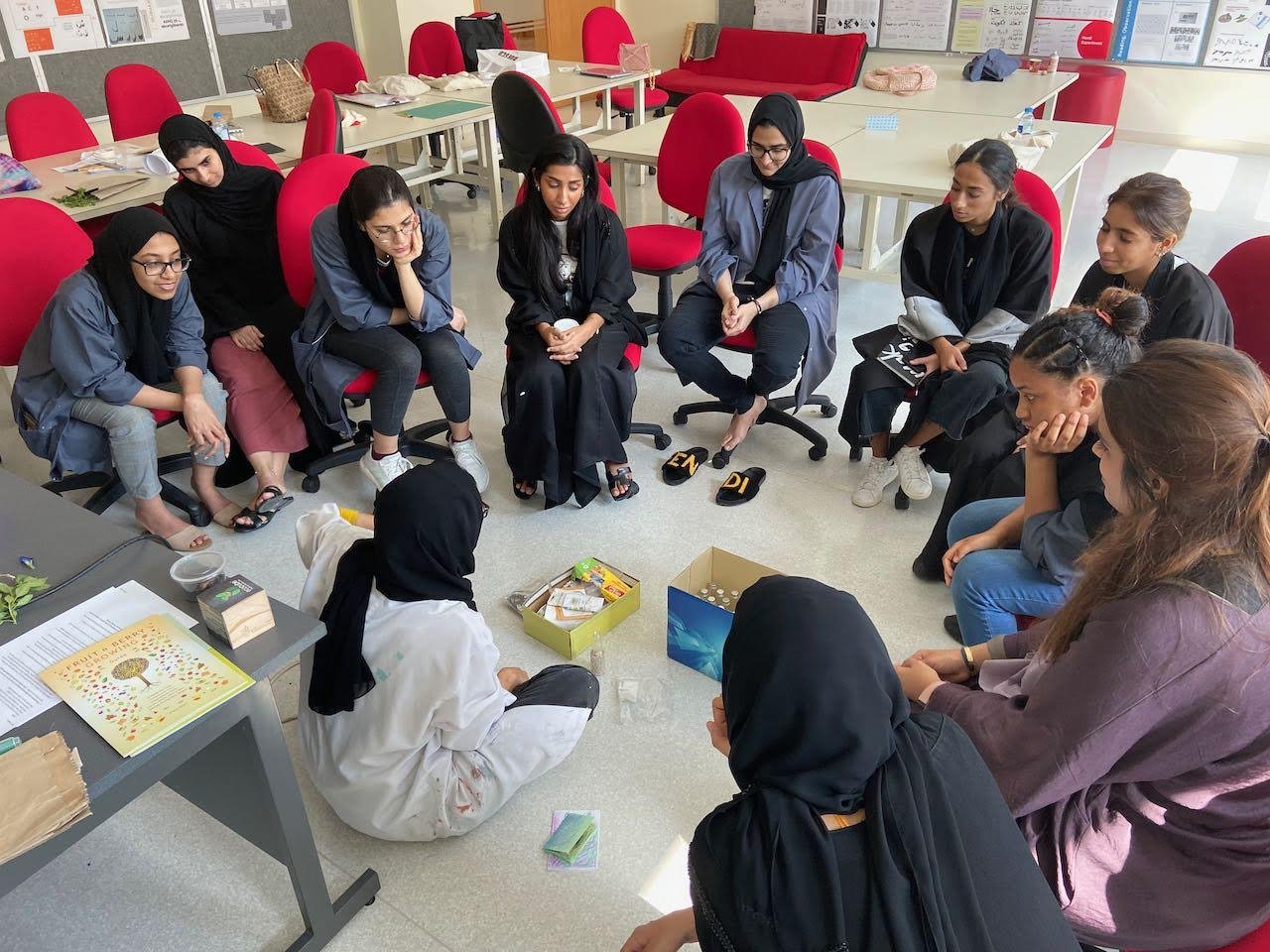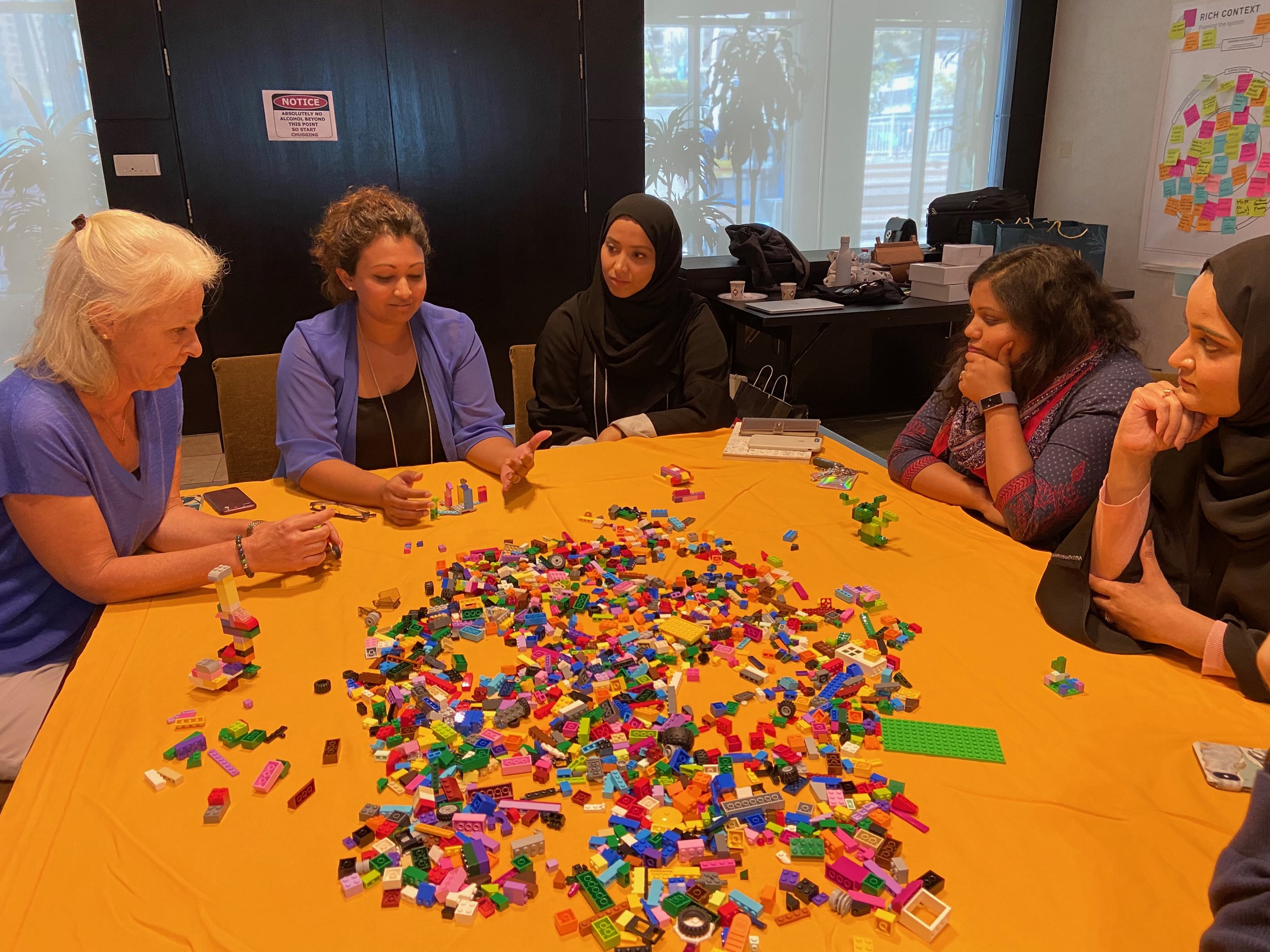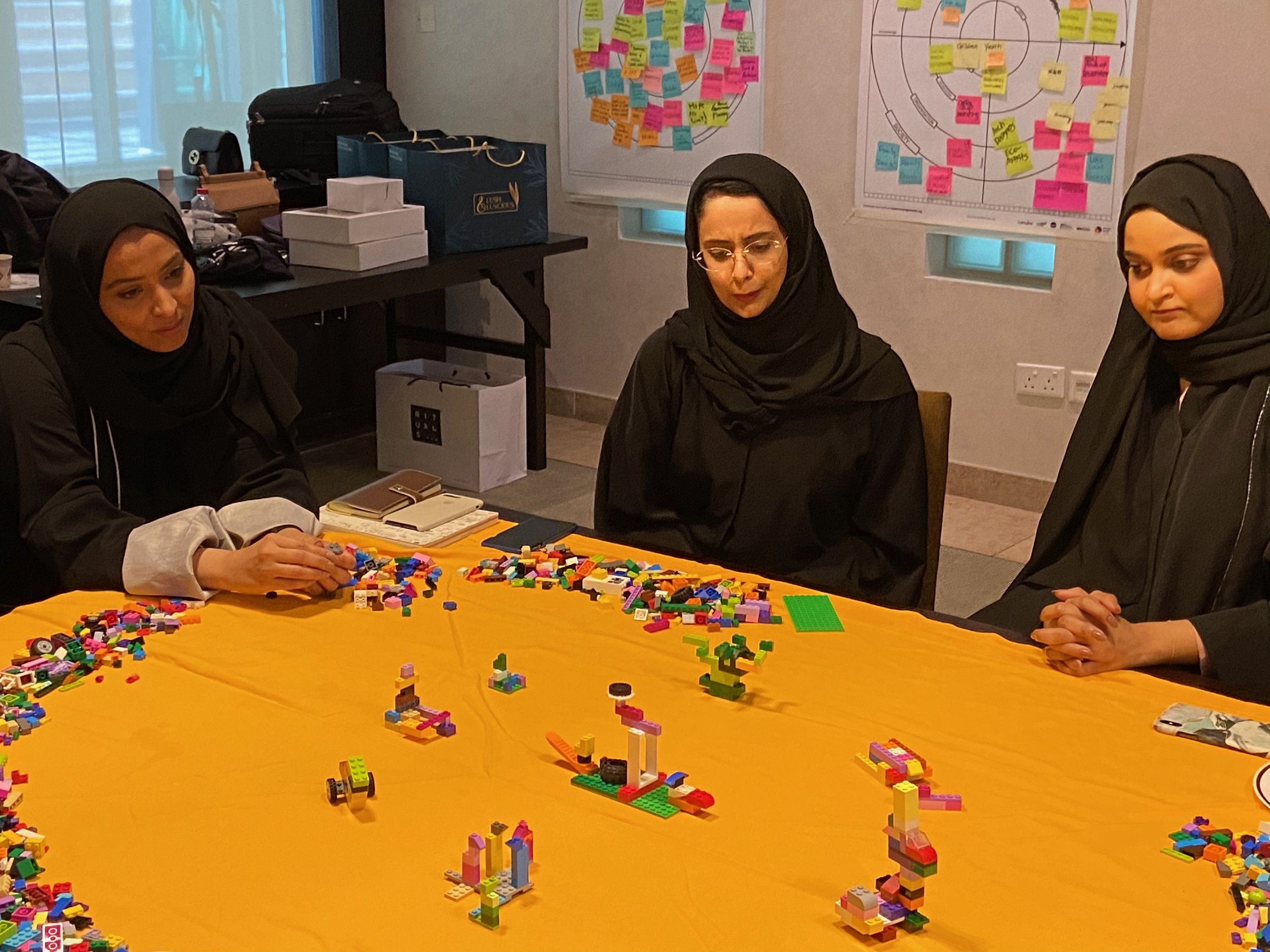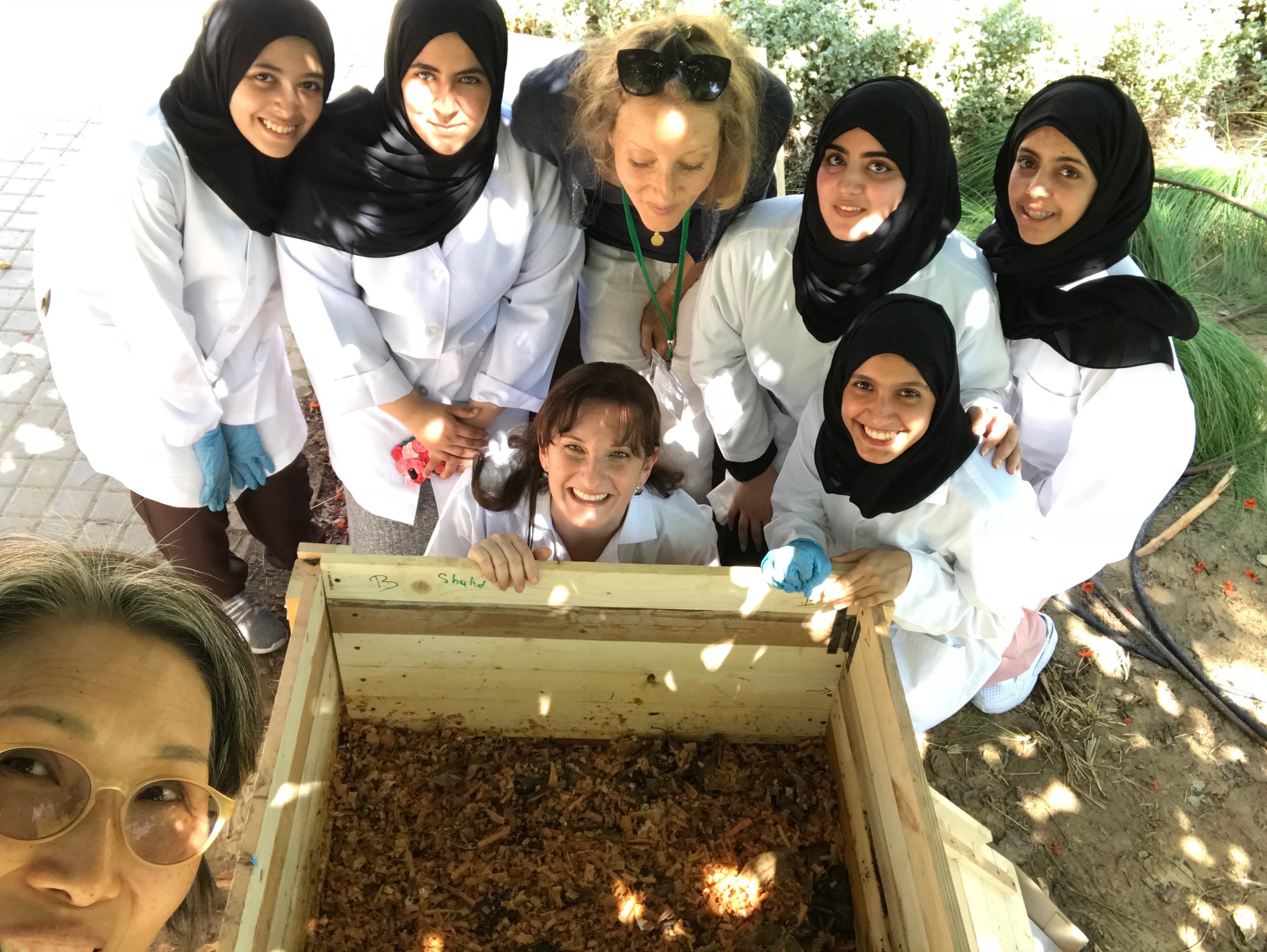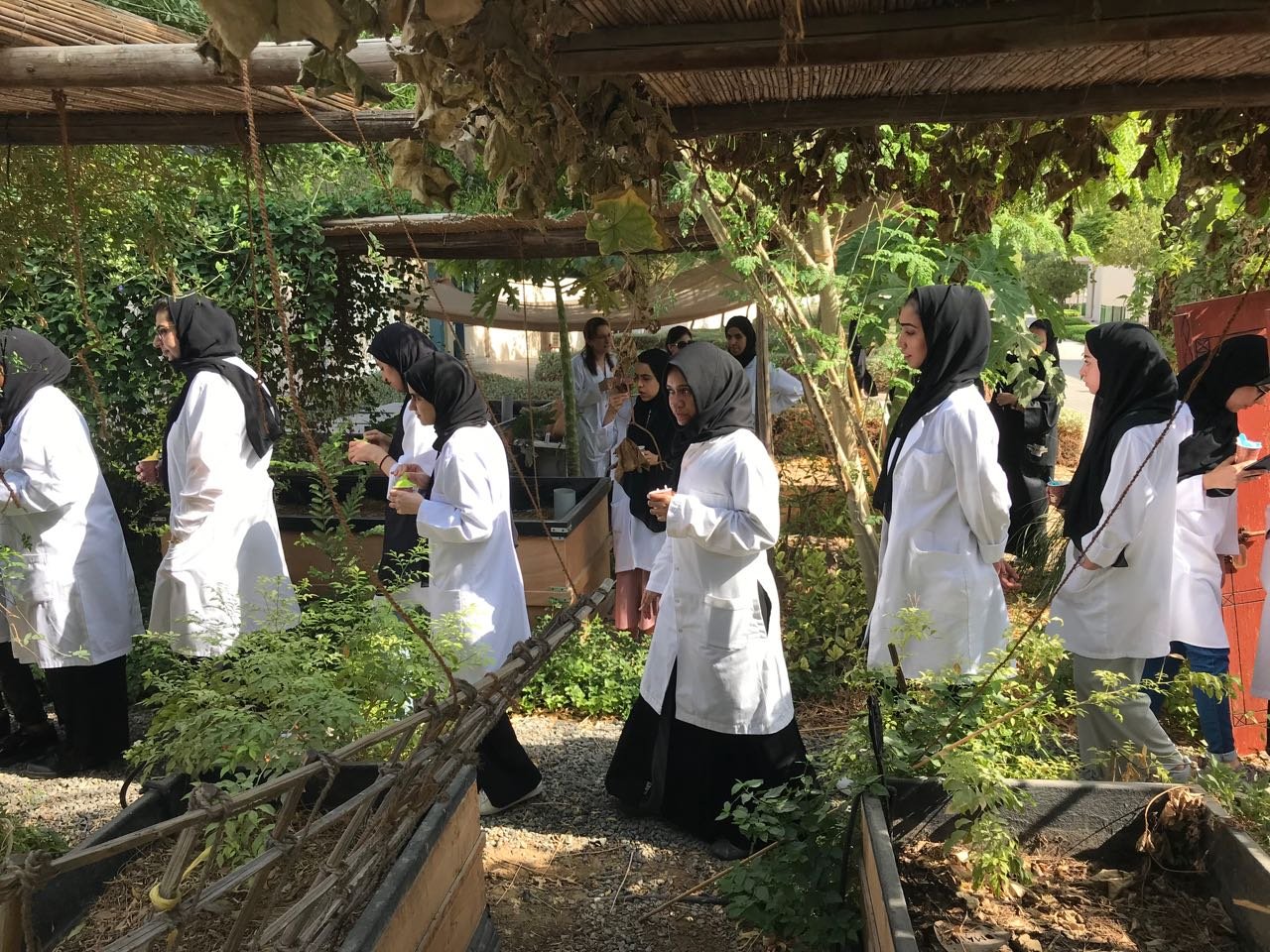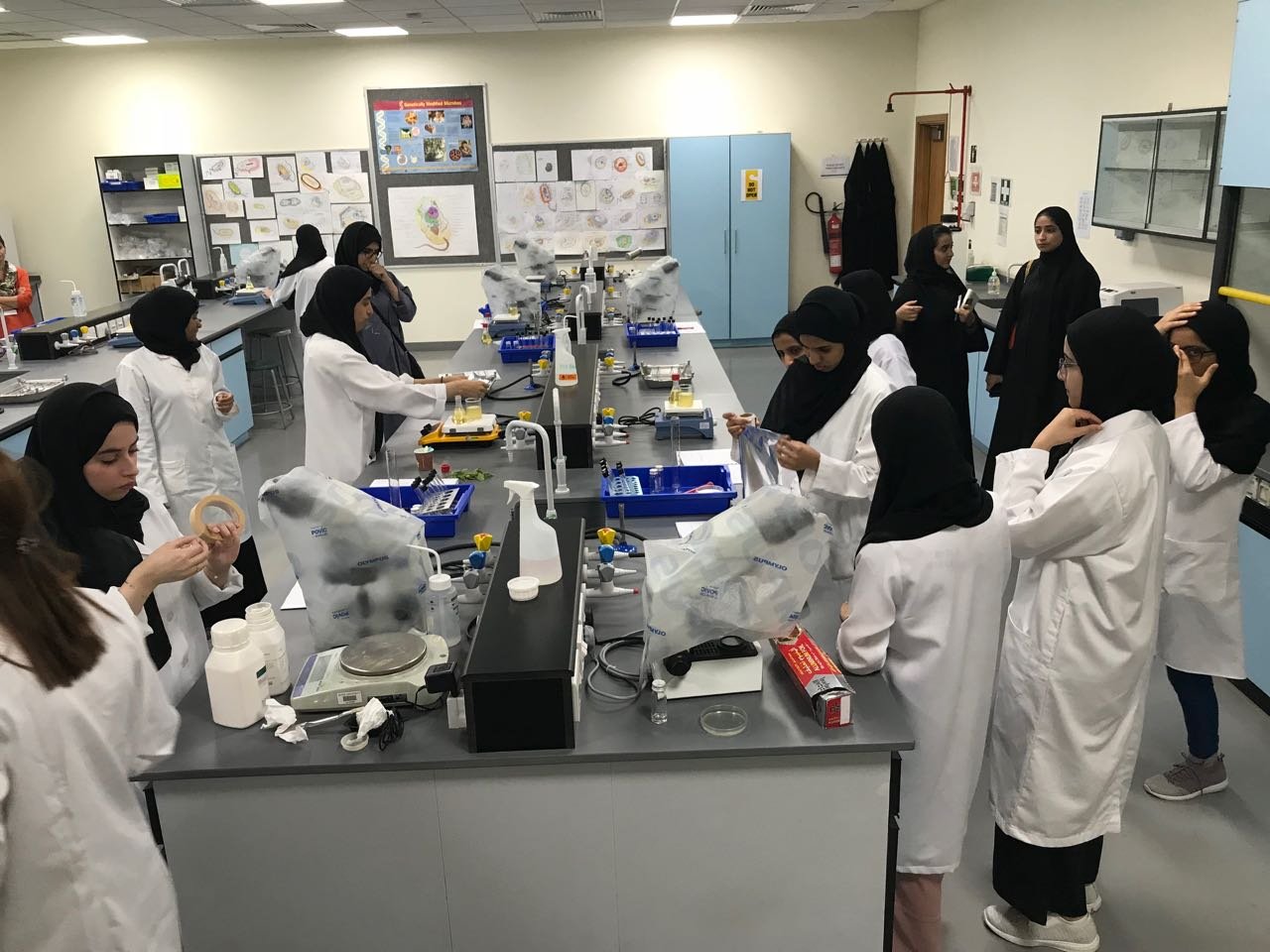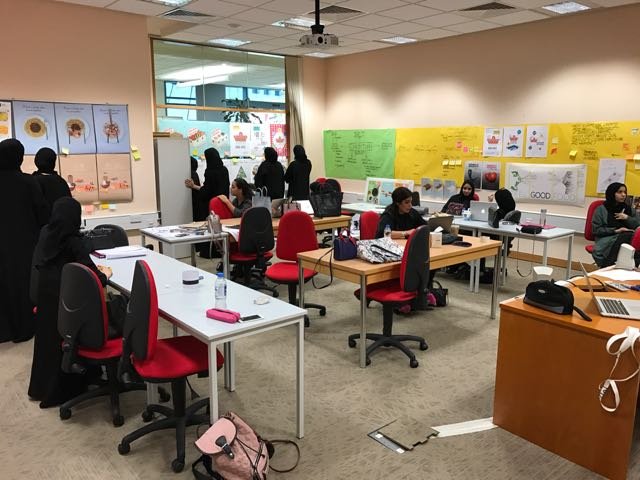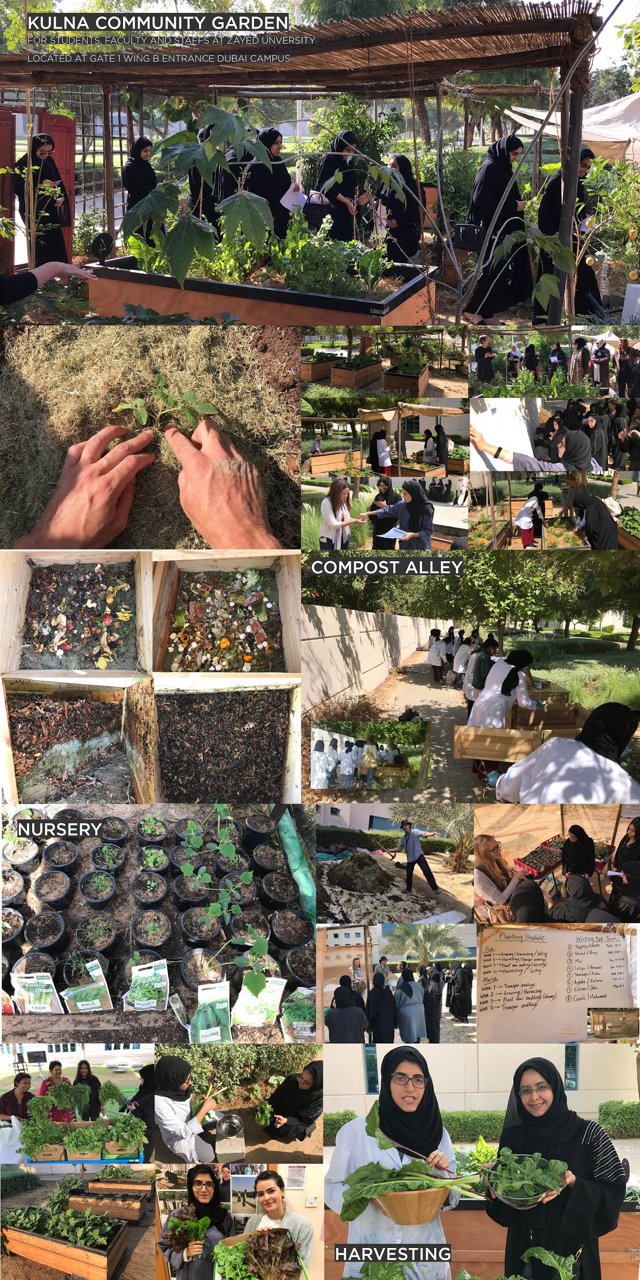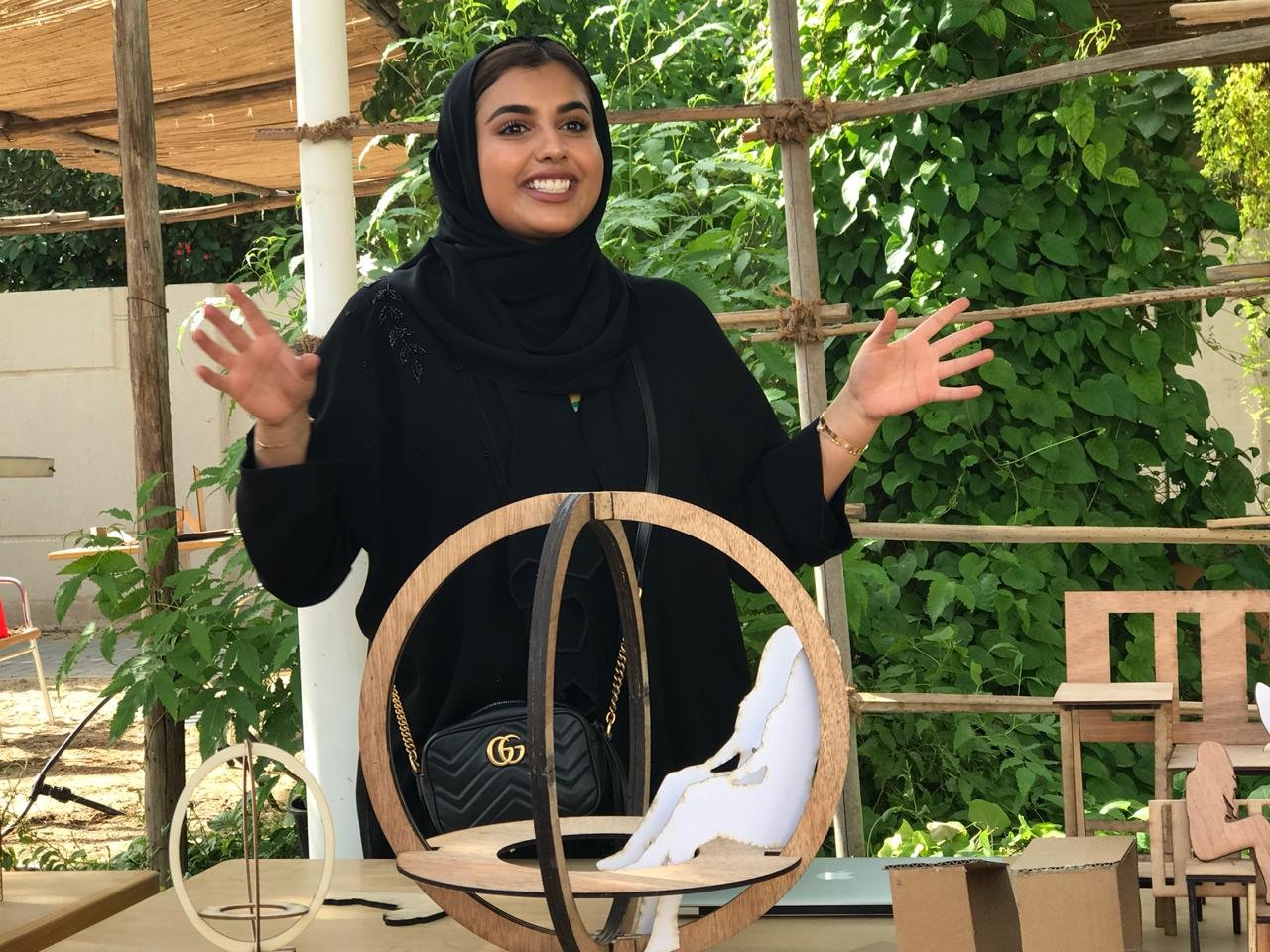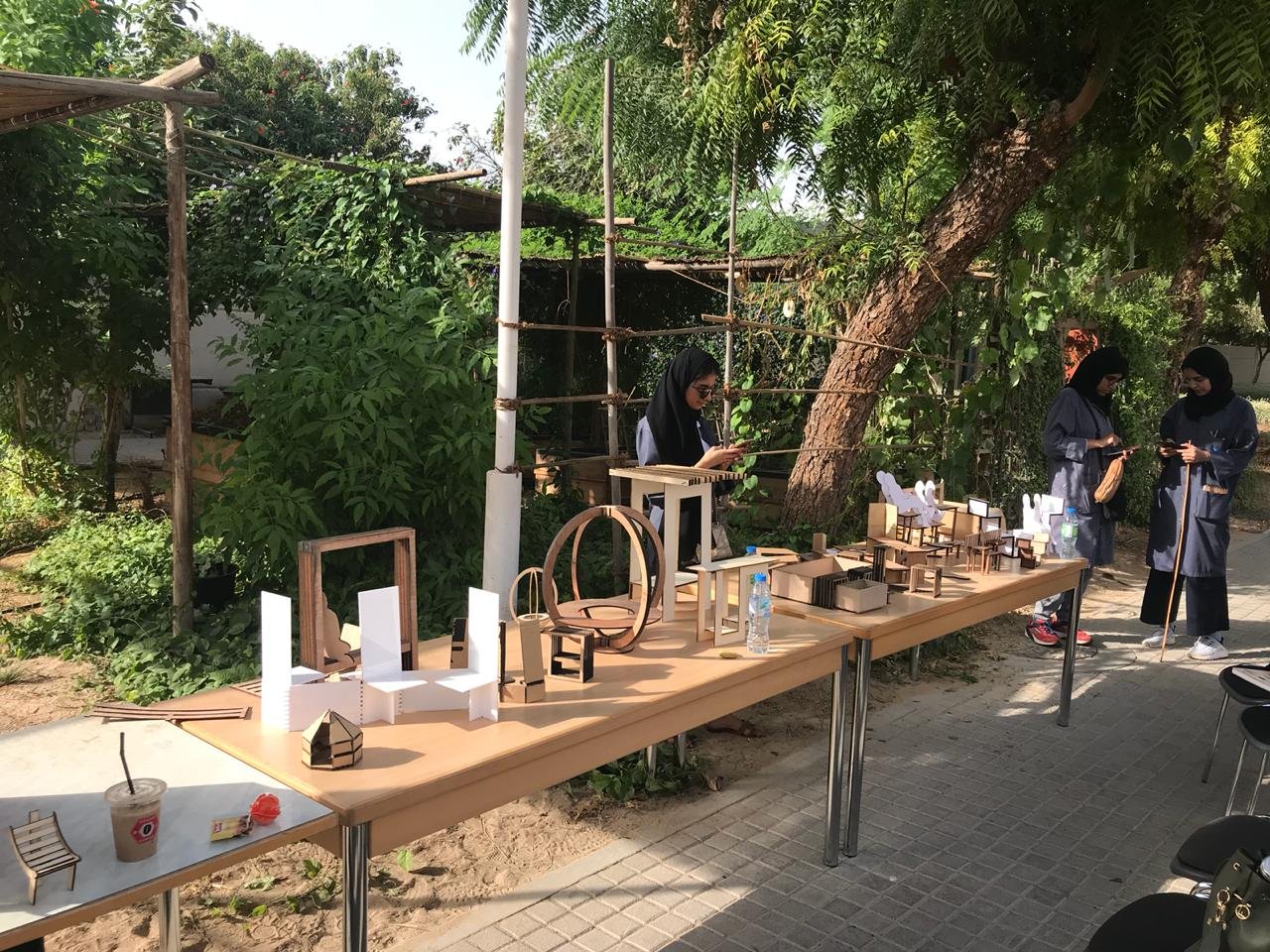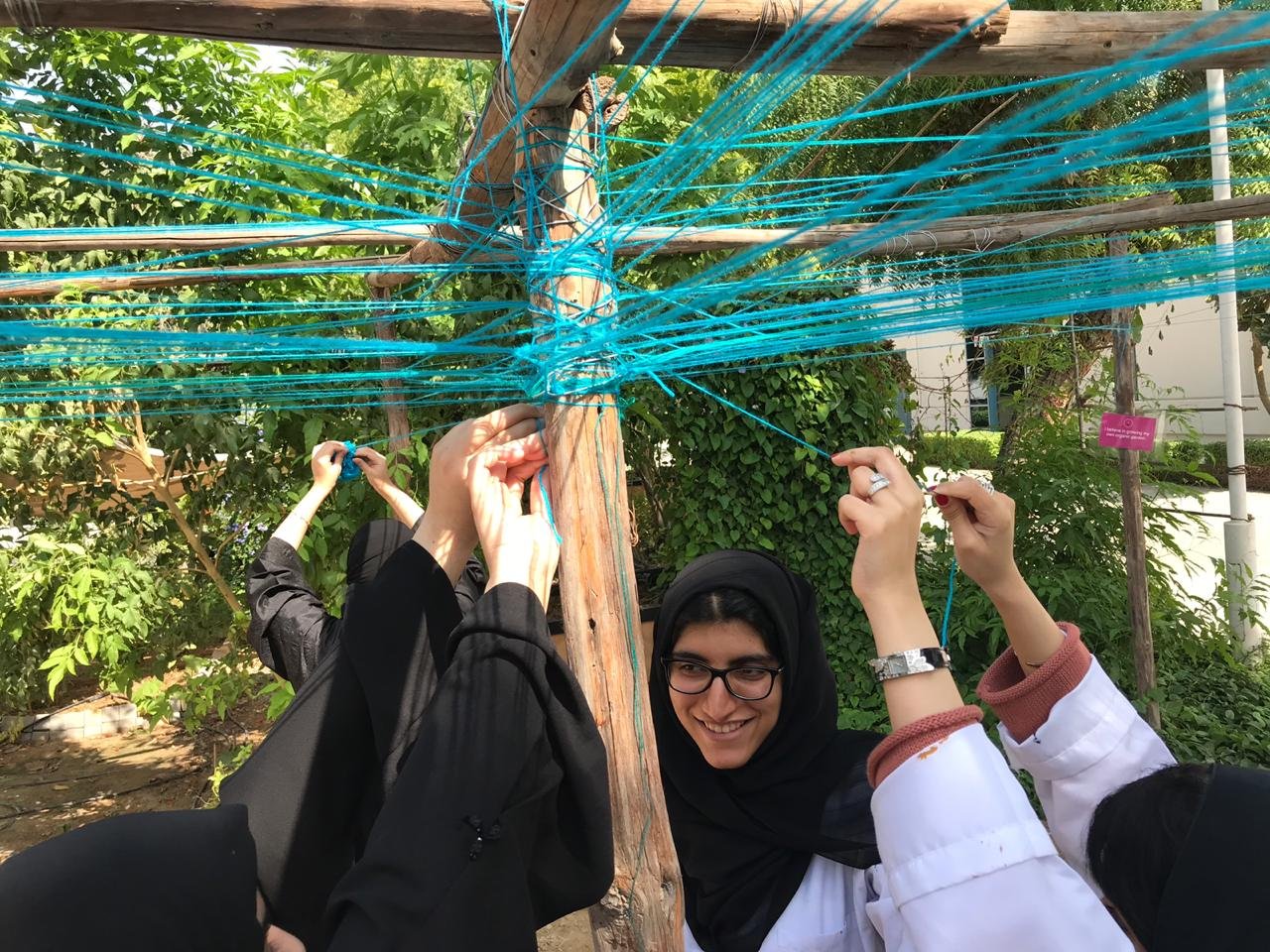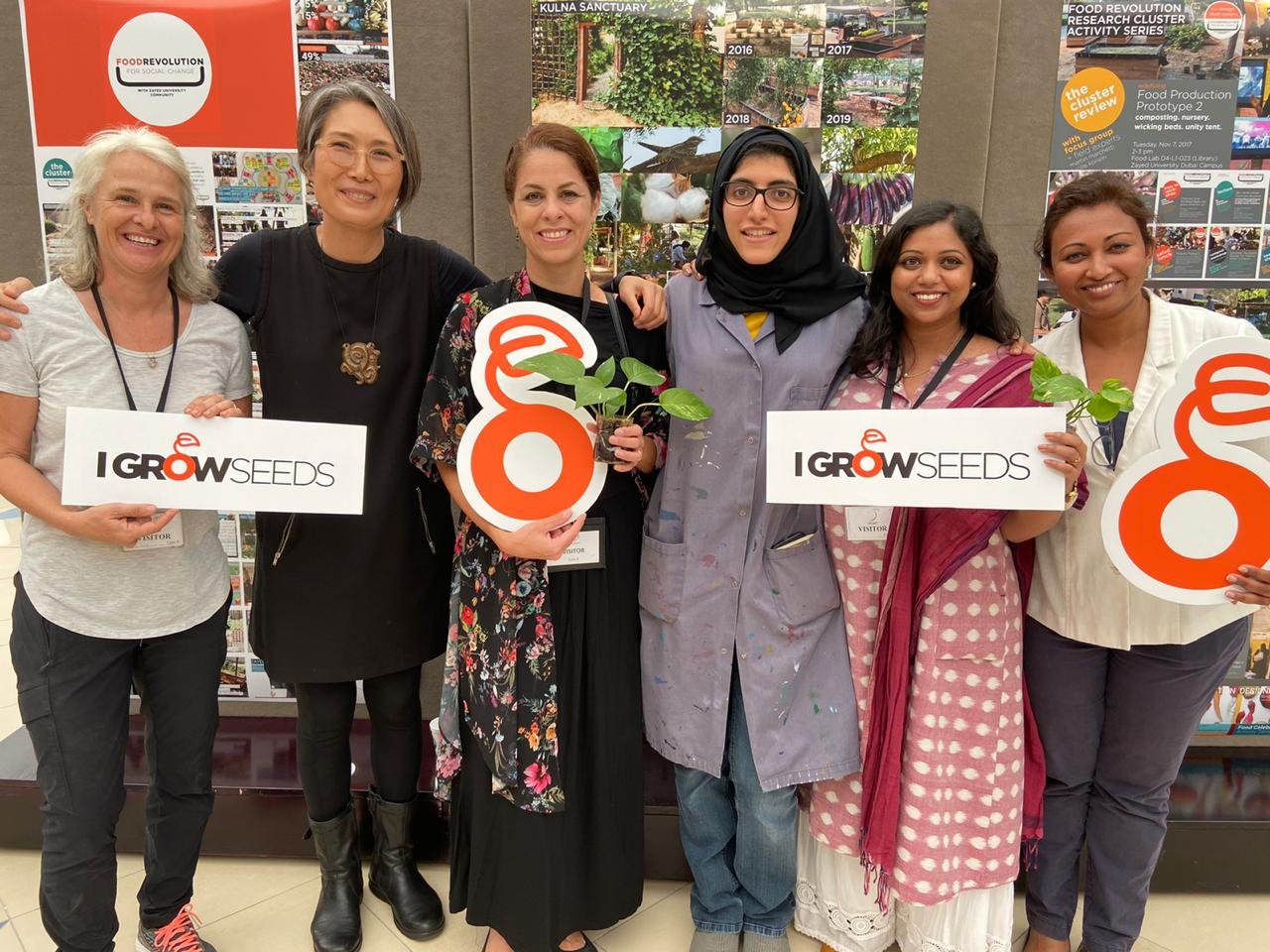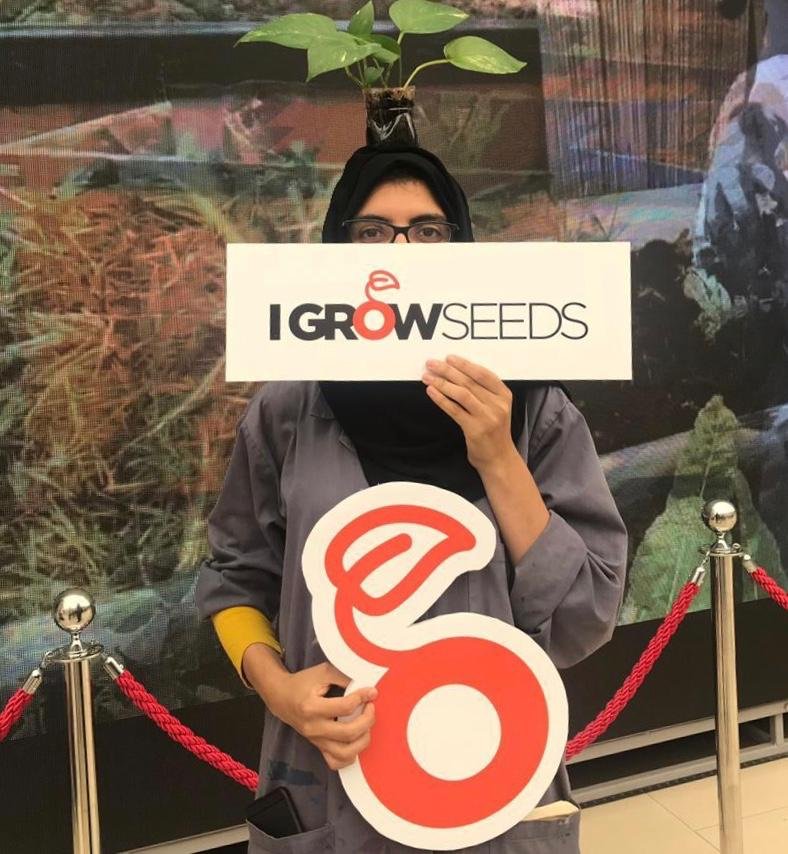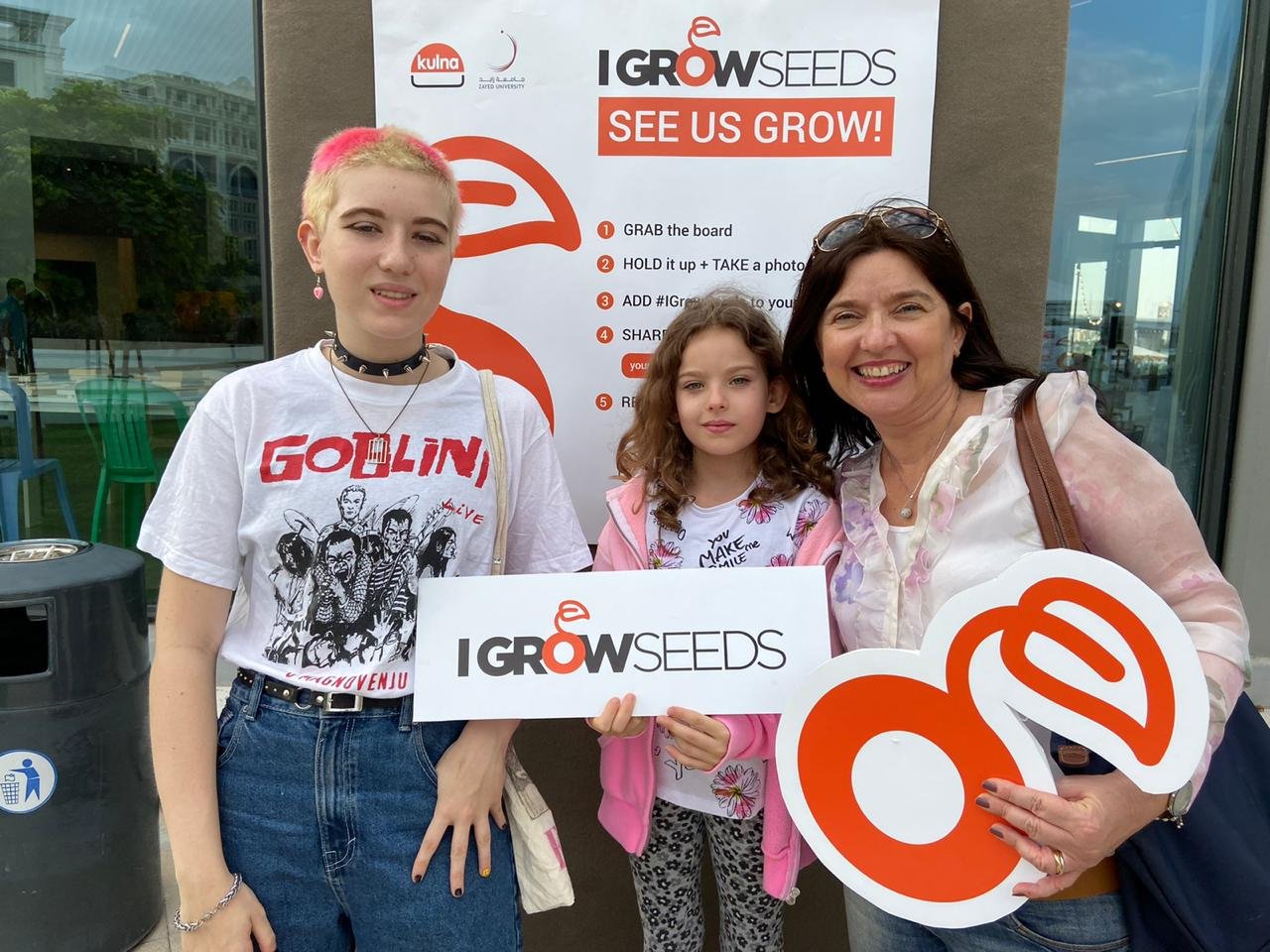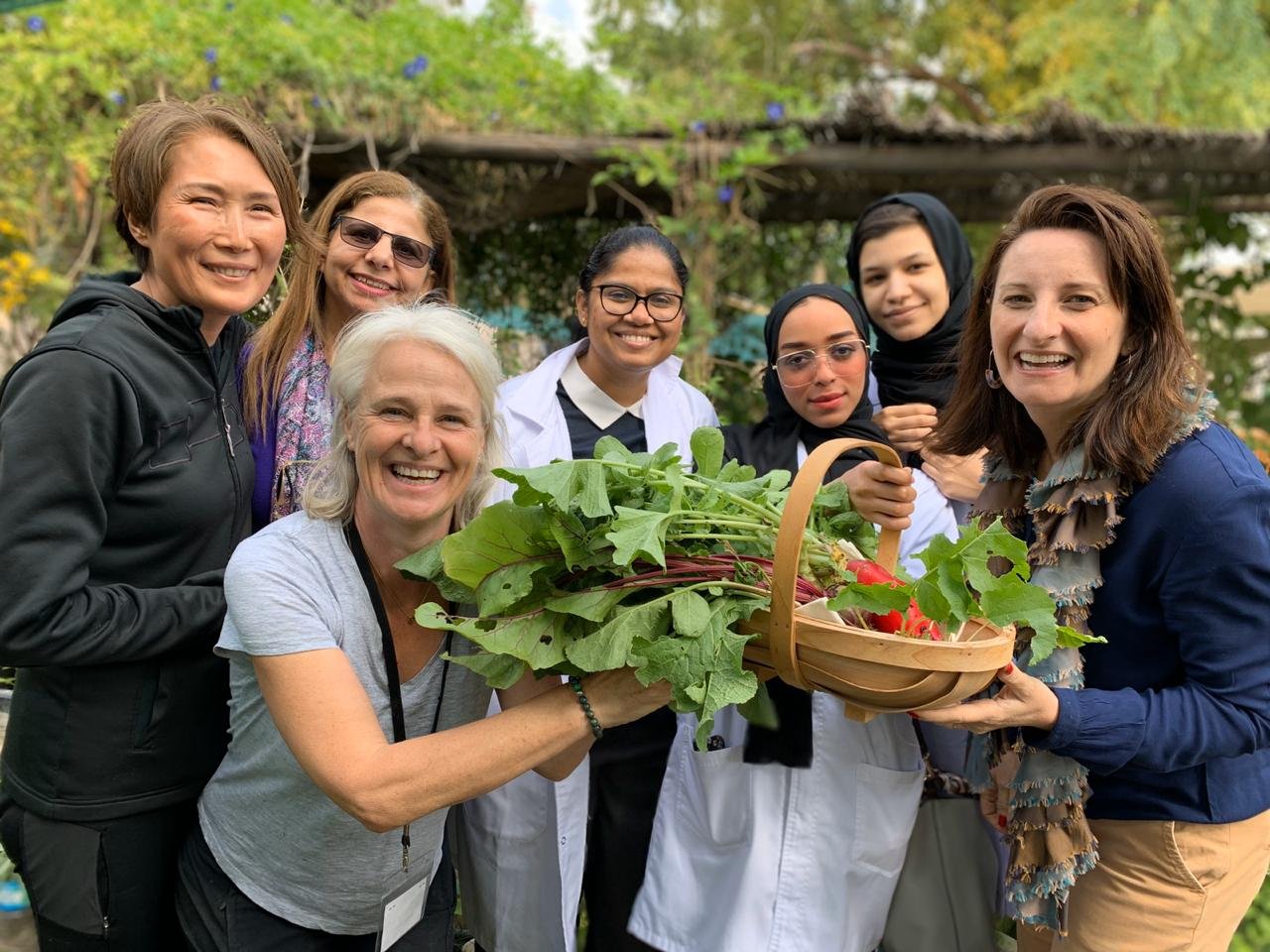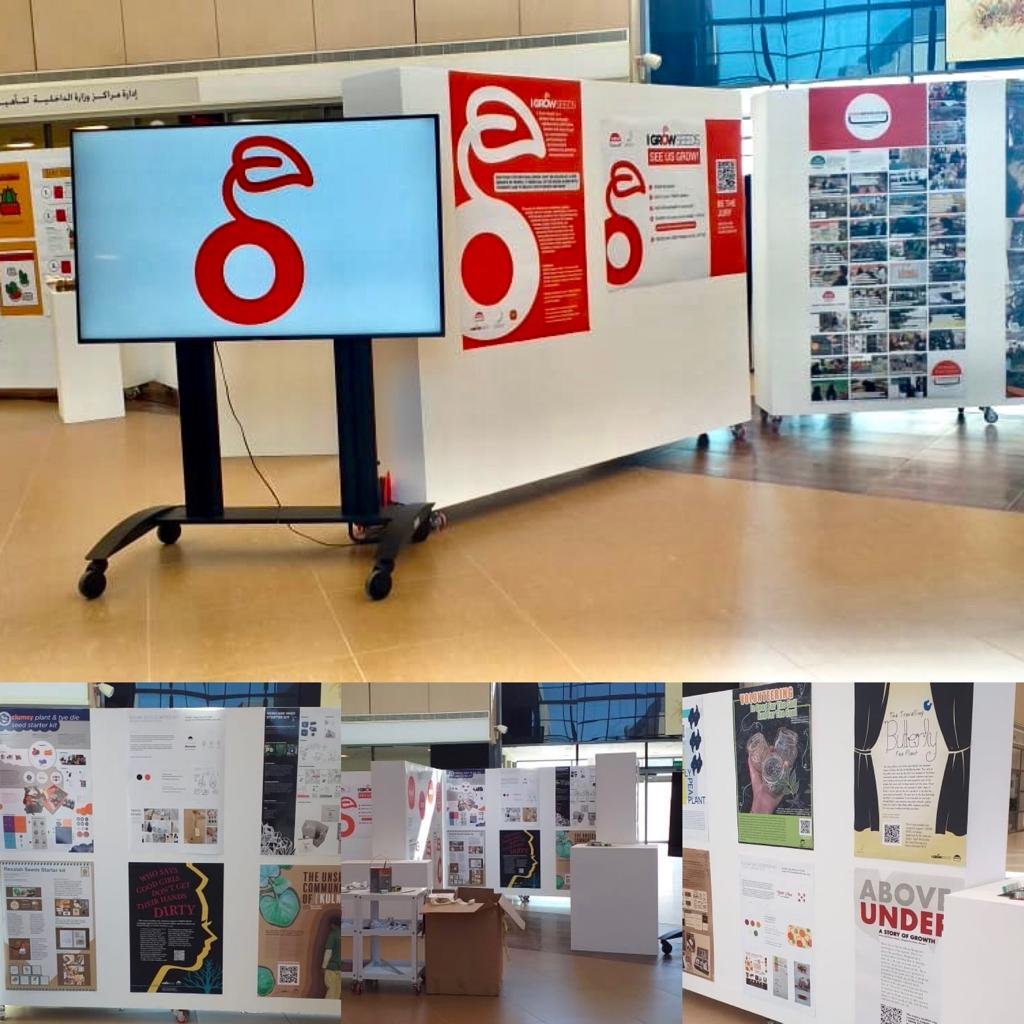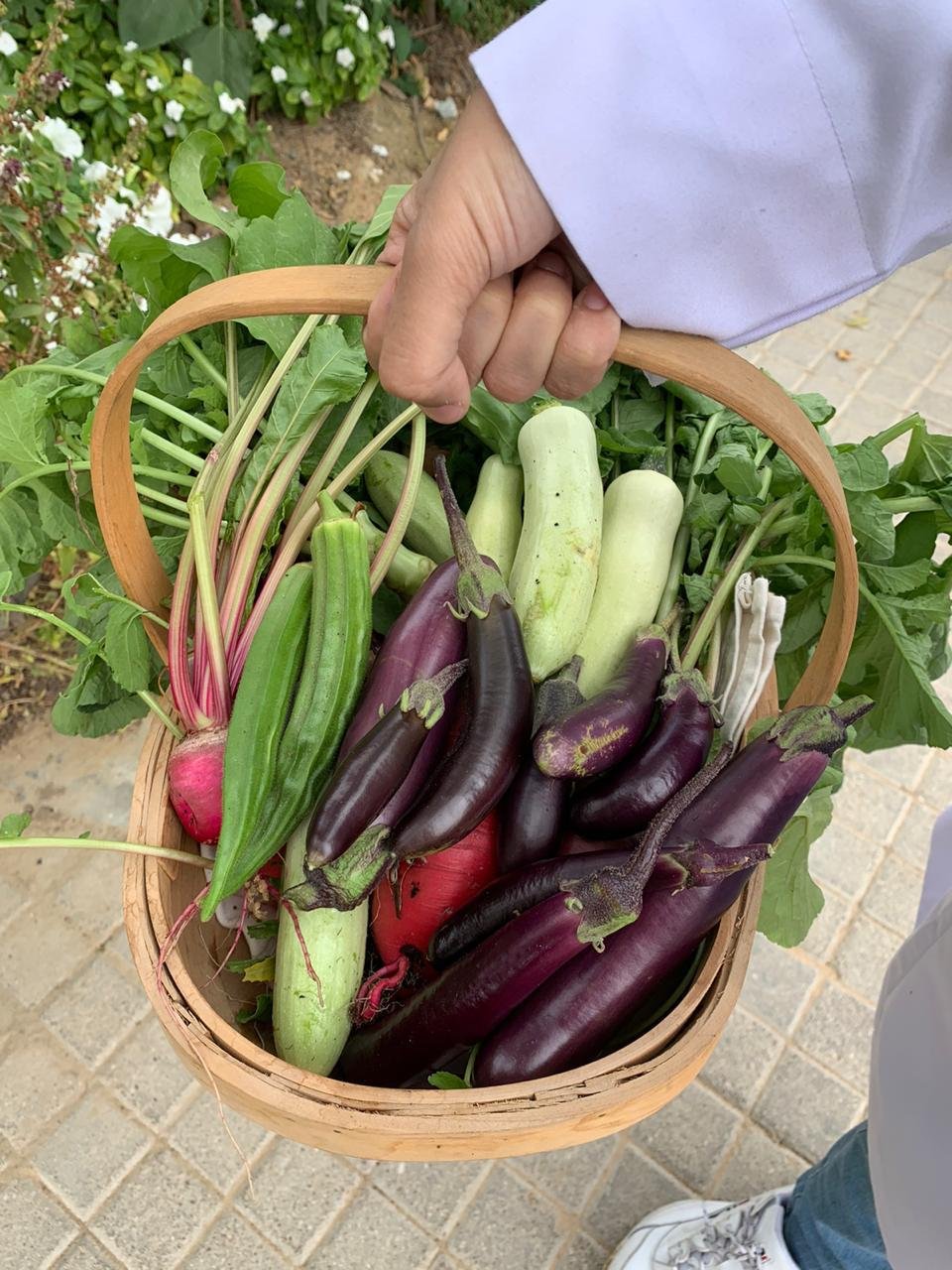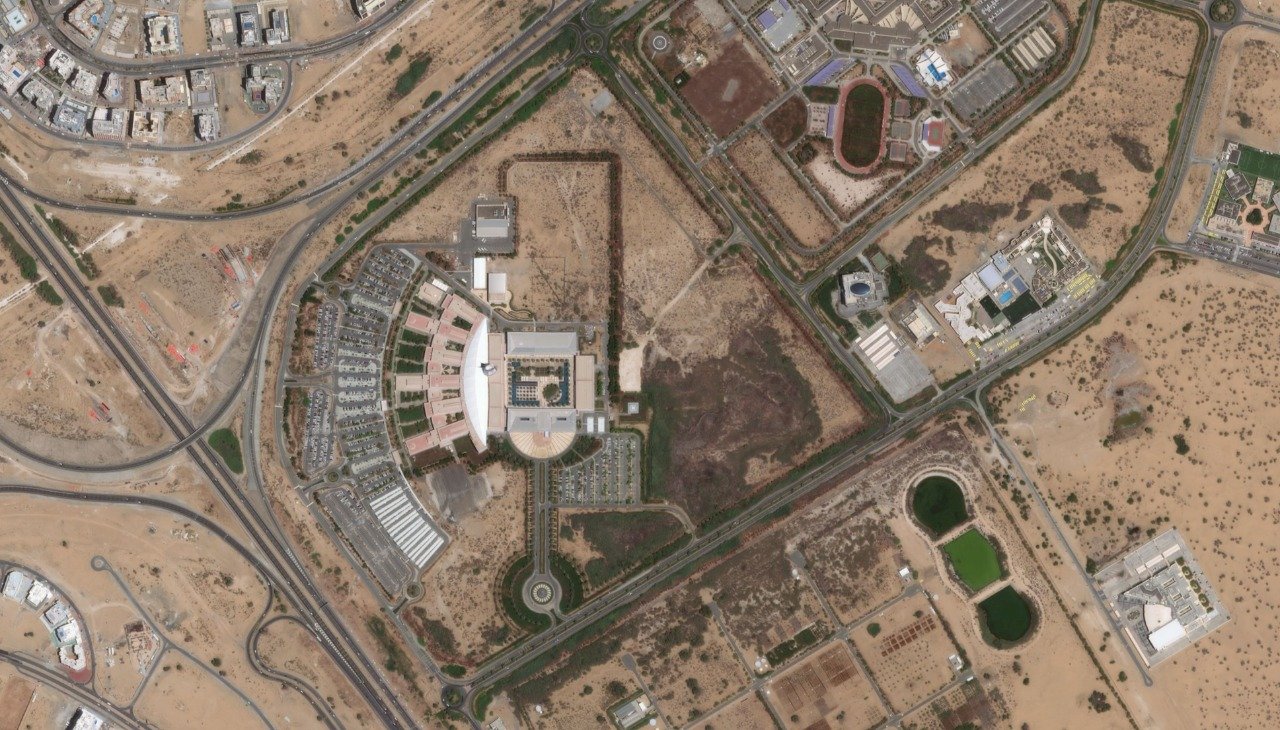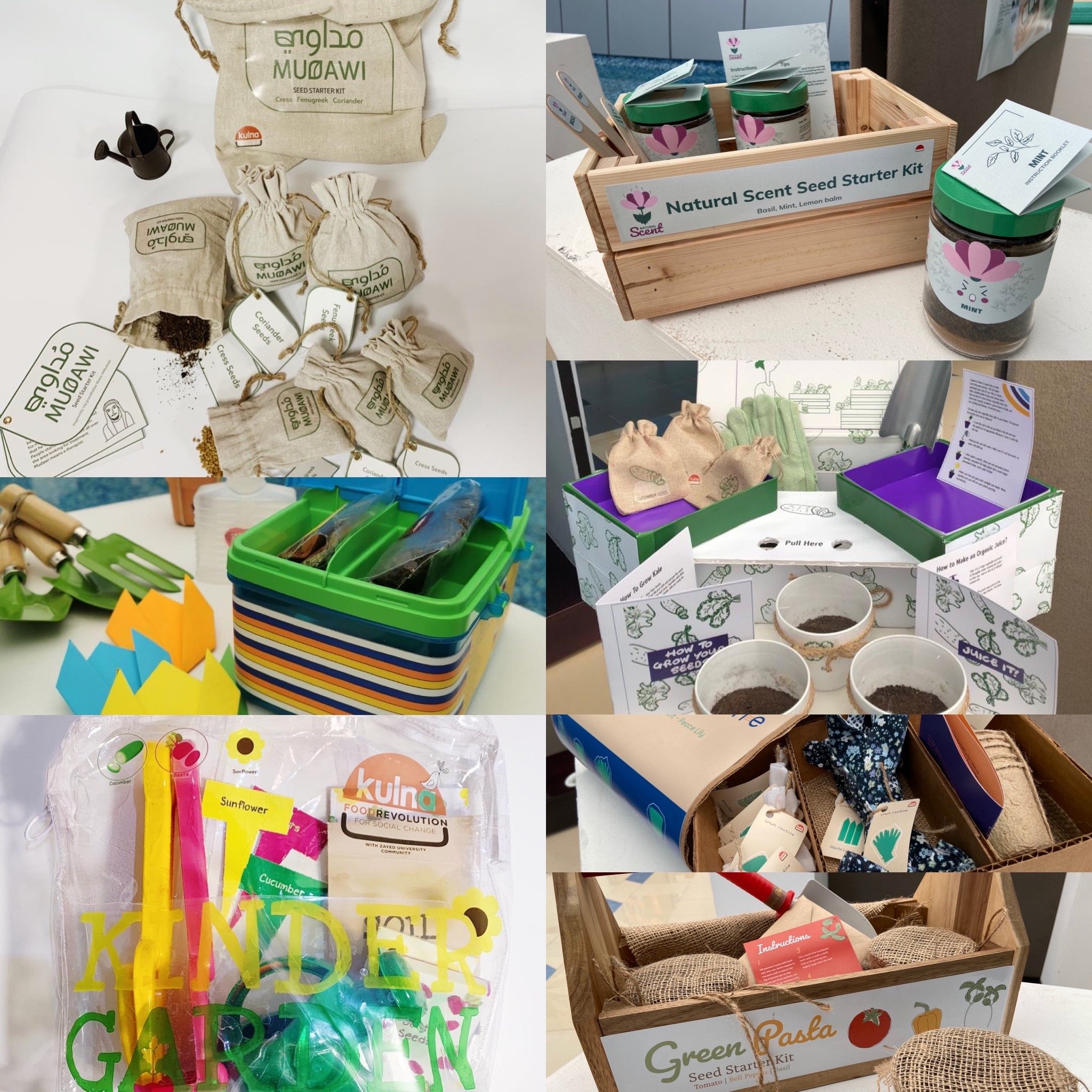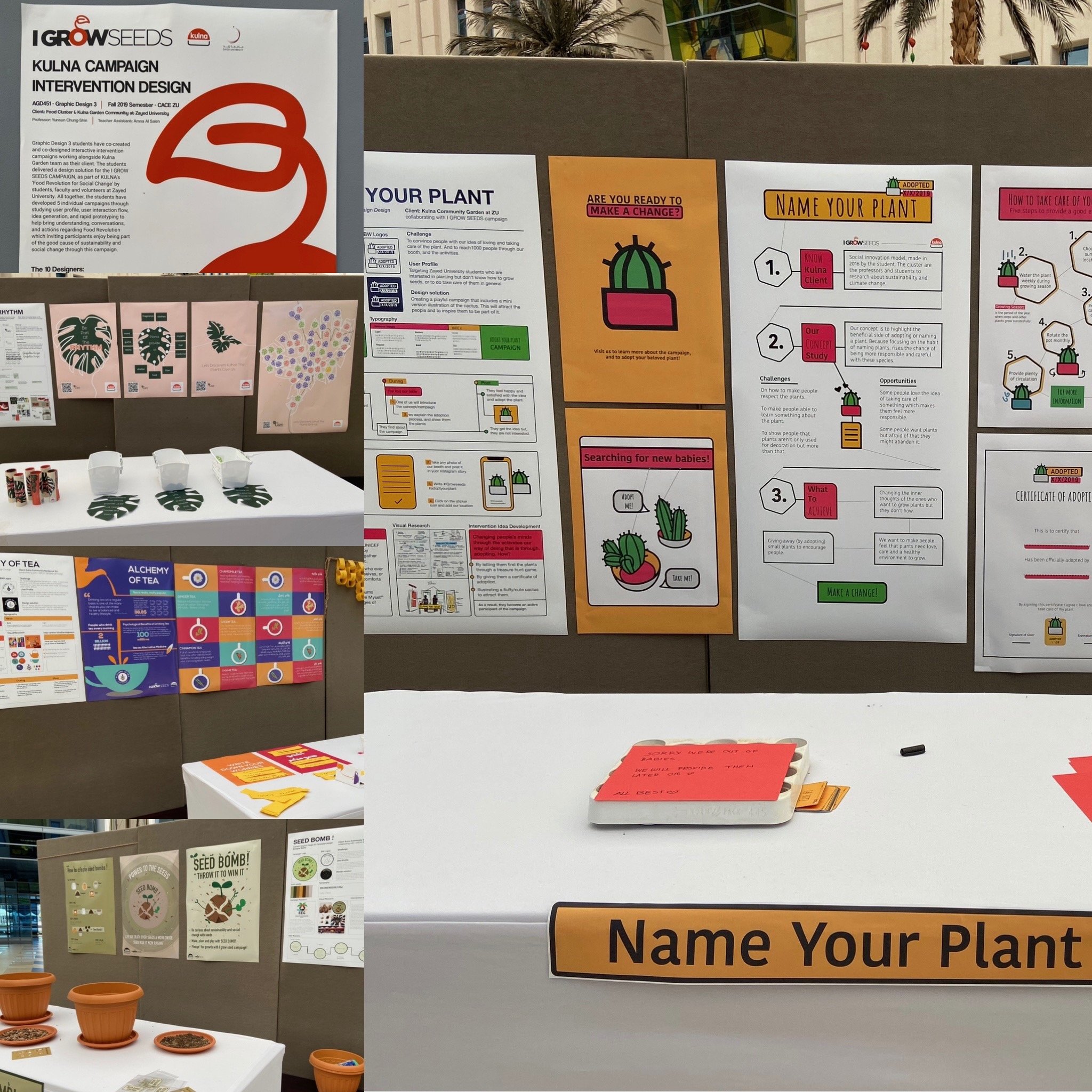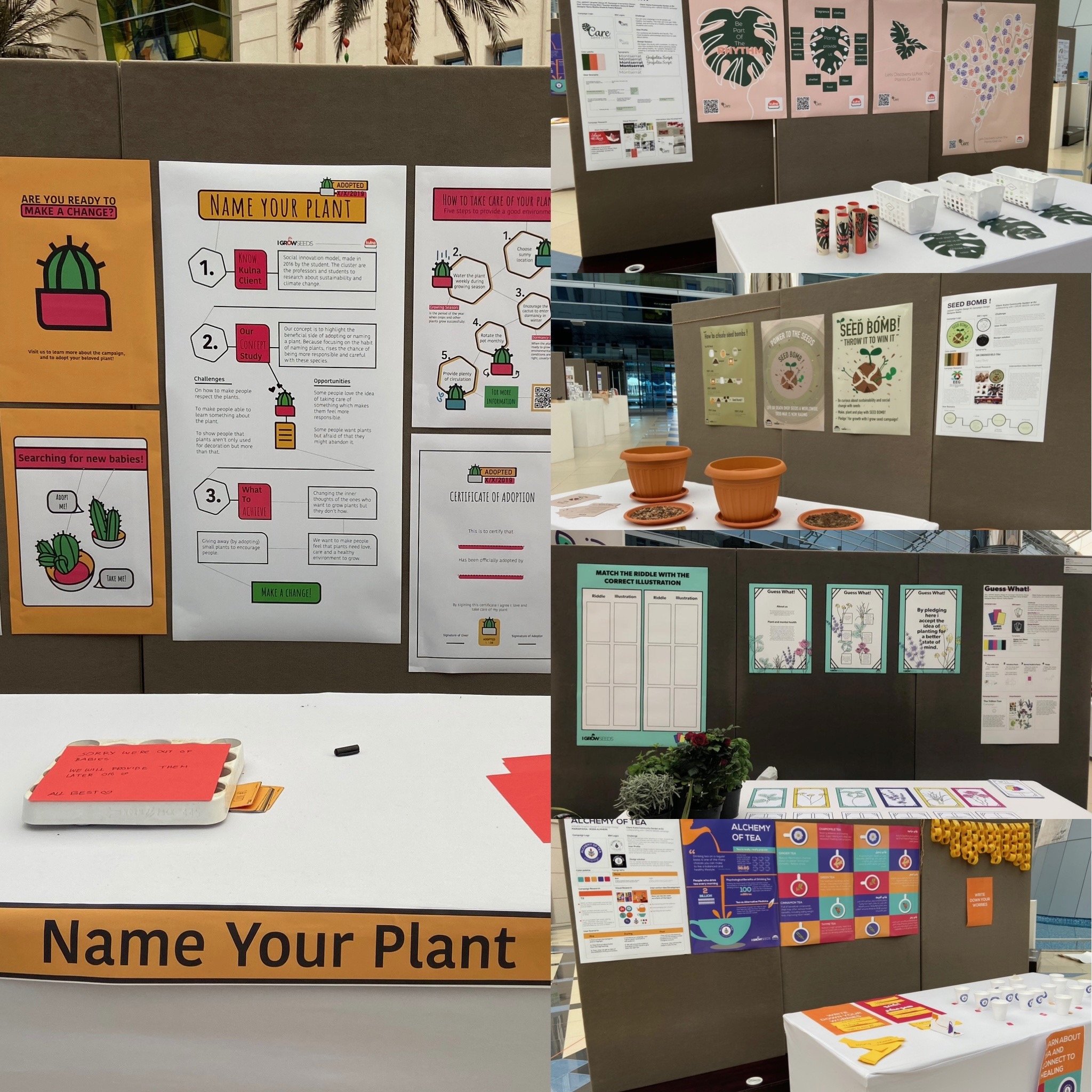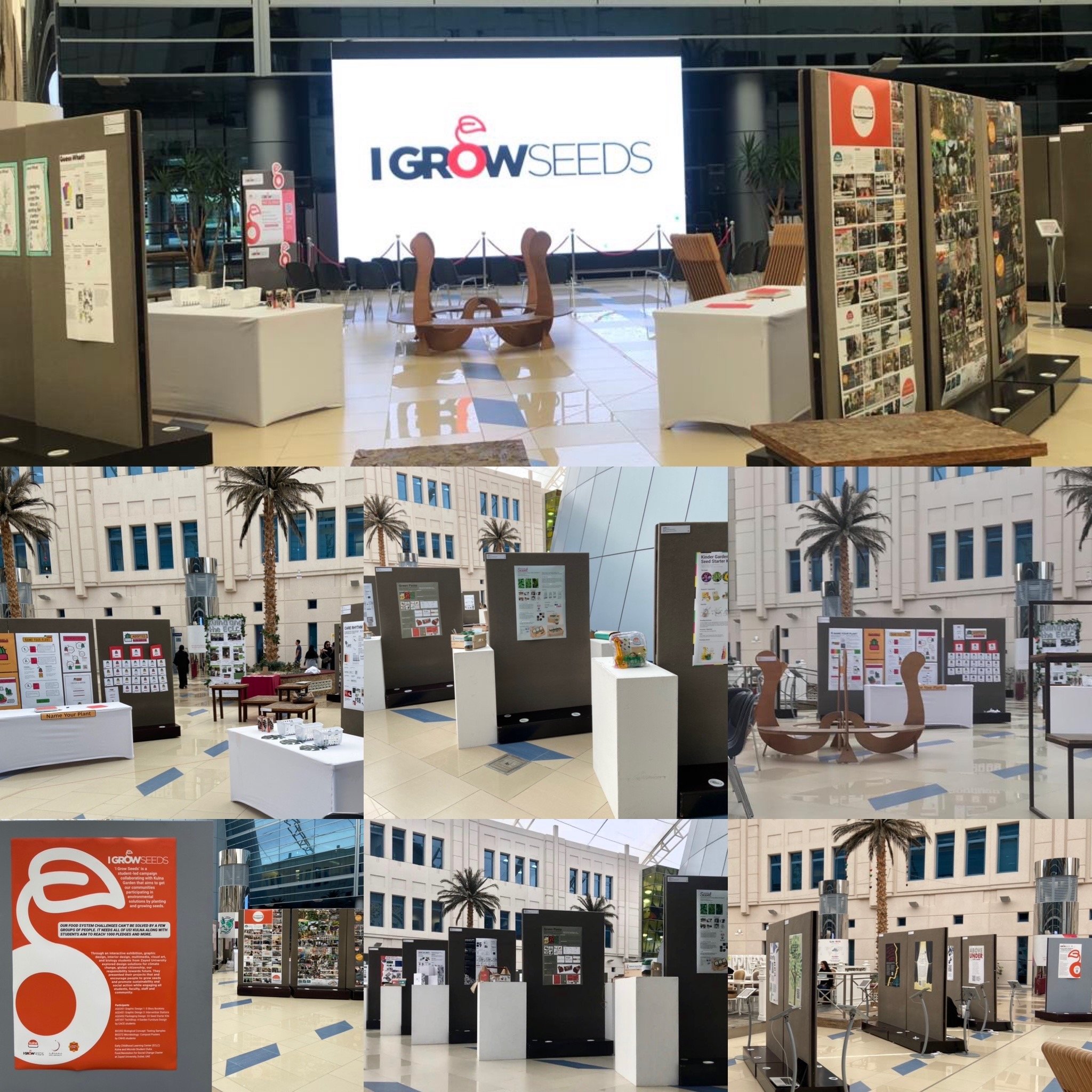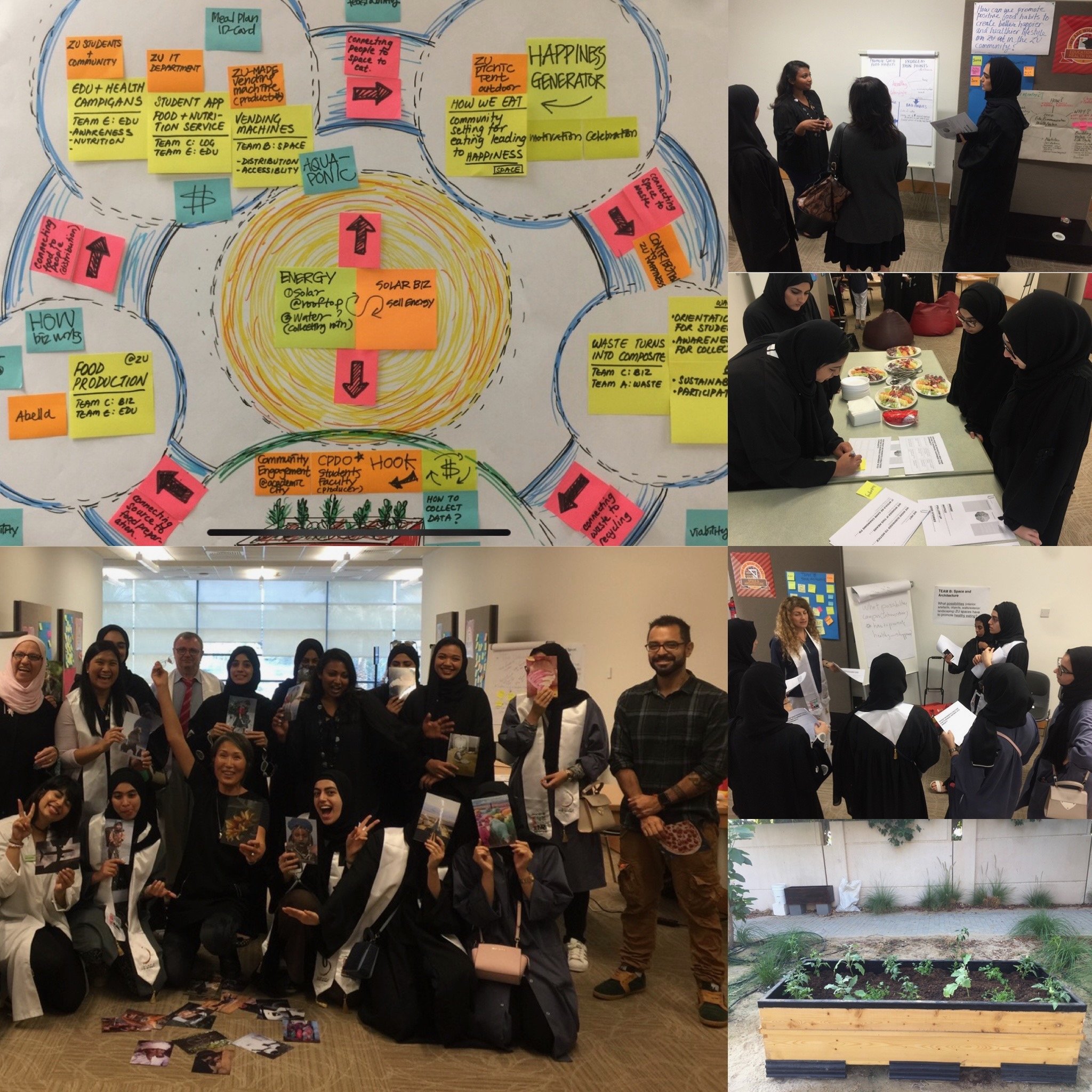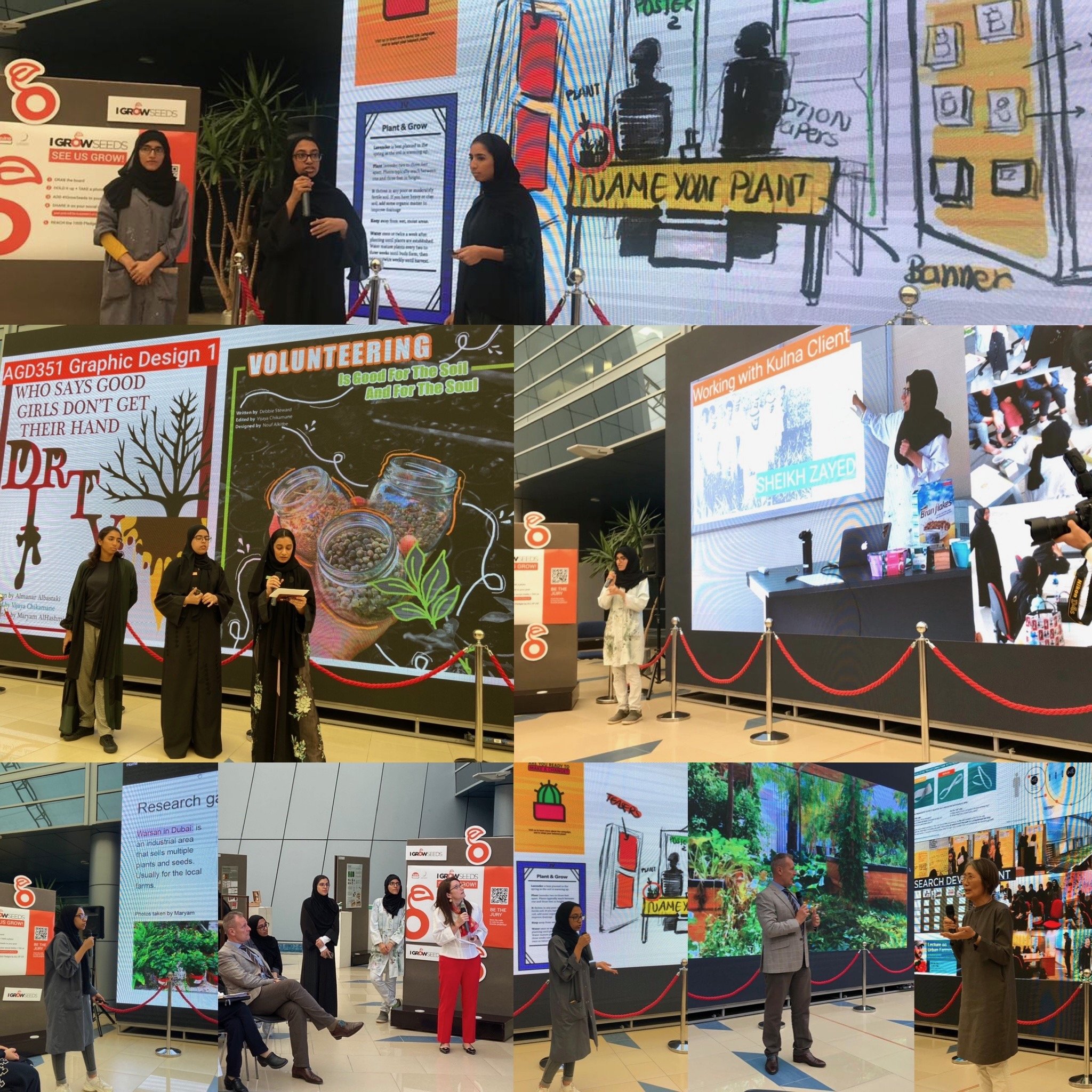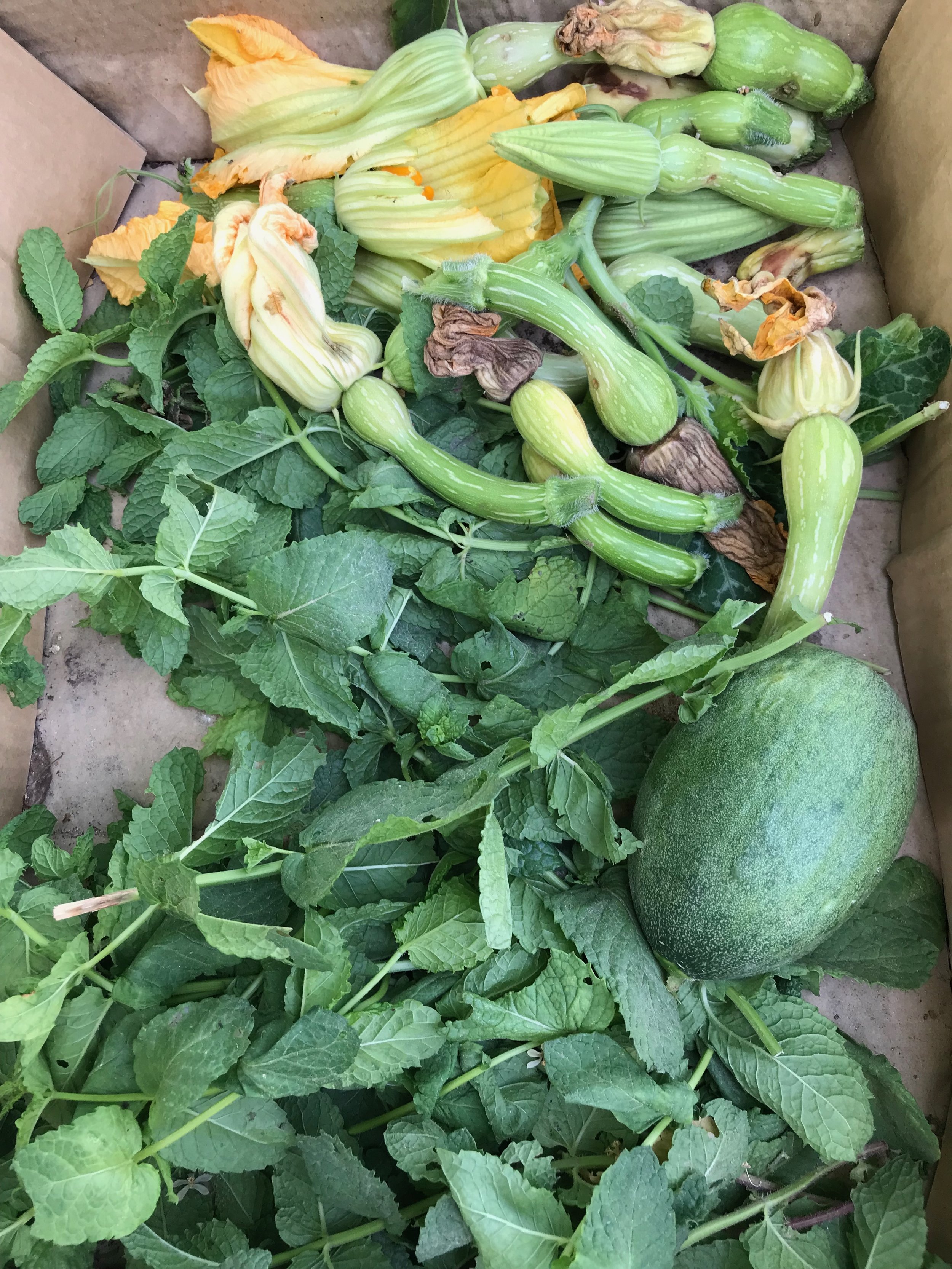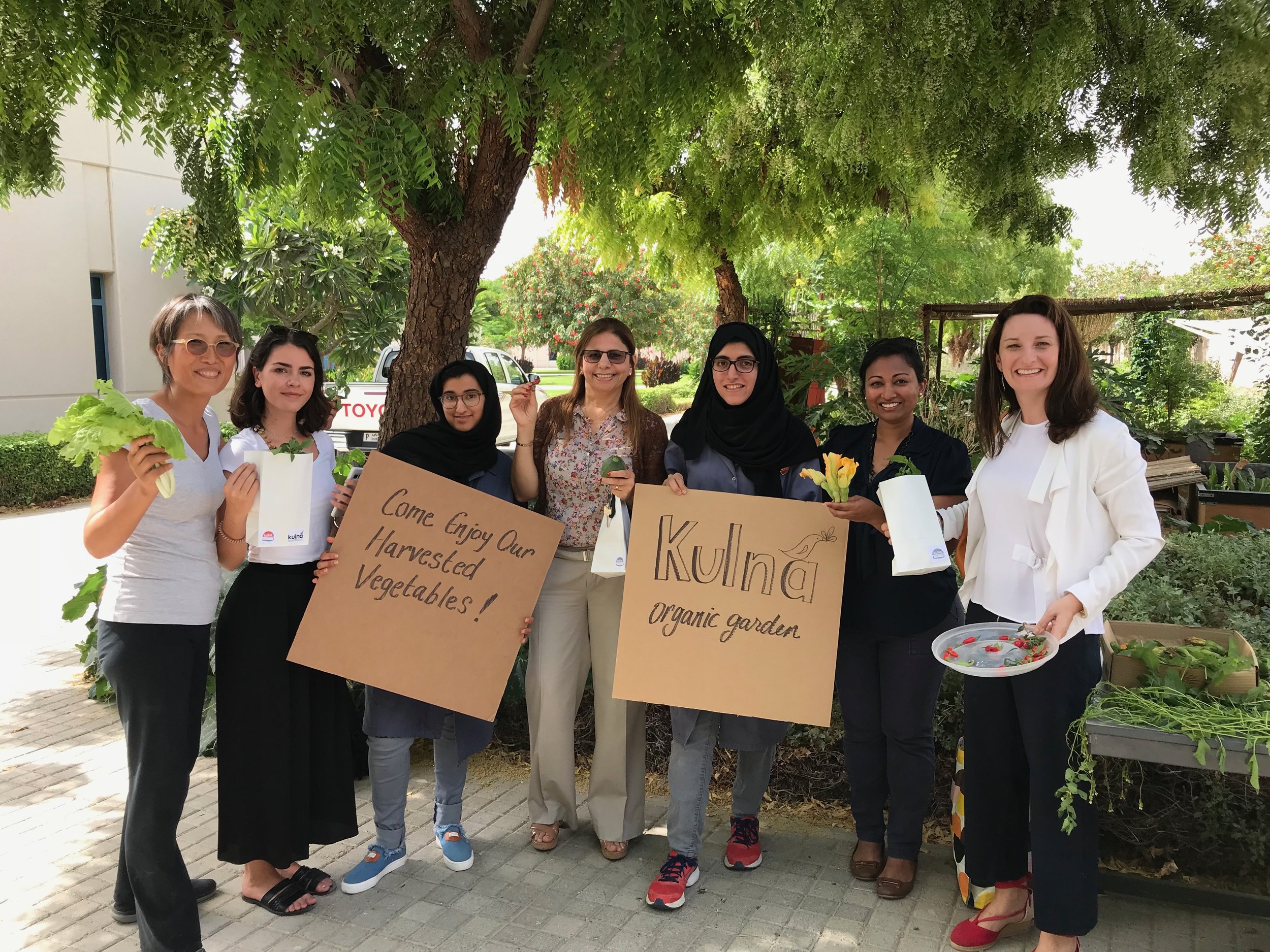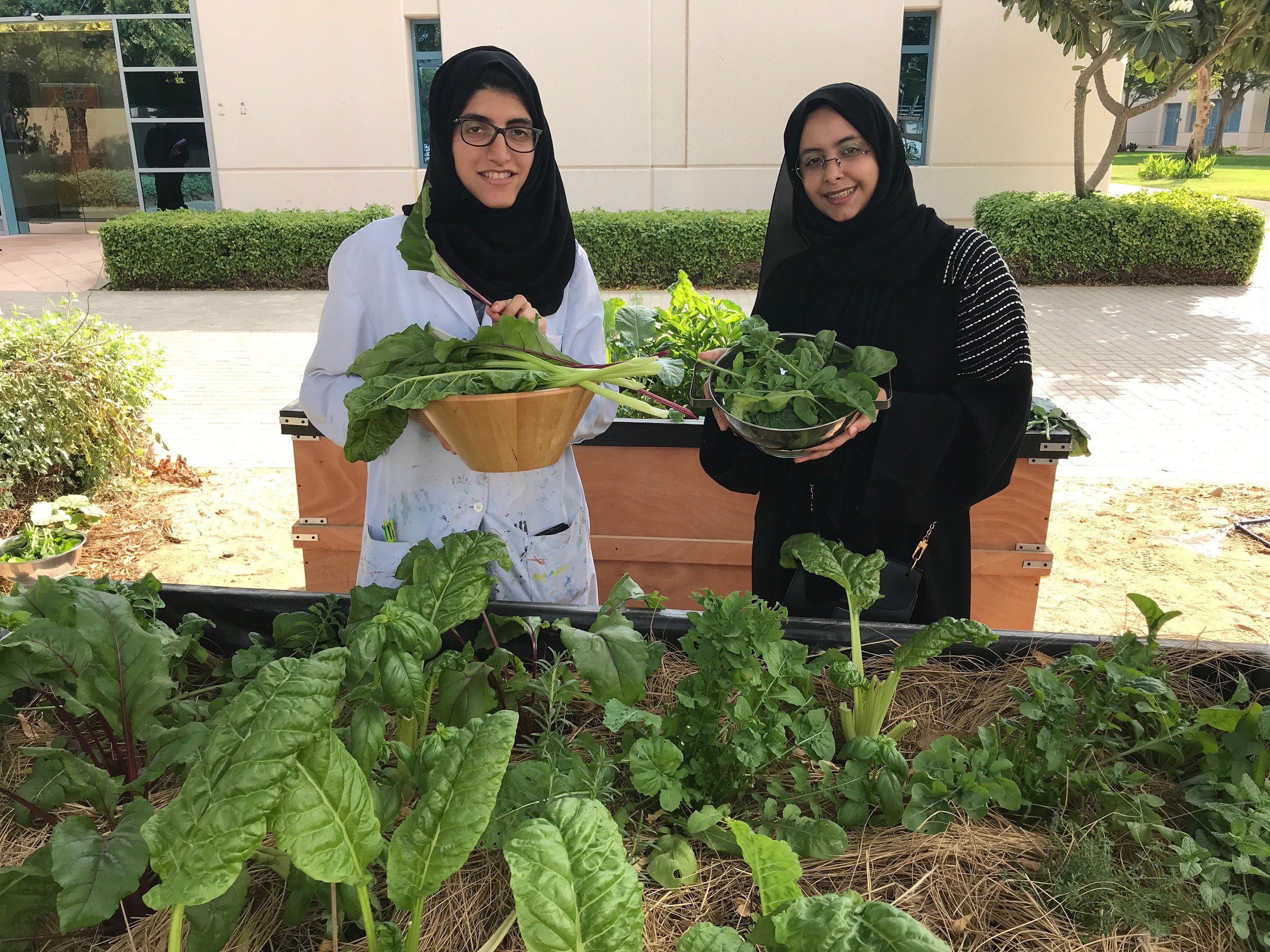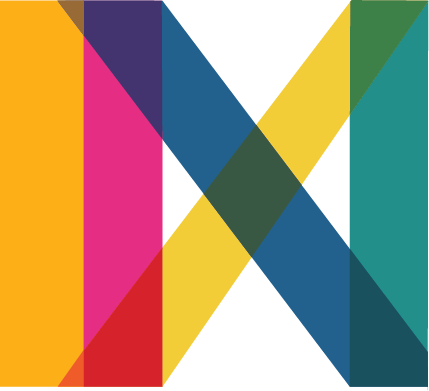
KULNA GARDEN COMMUNITY
FOOD REVOLUTION FOR SOCIAL CHANGE AT ZAYED UNIVERSITY, DUBAI, UAE 2017-2022
Who says good girls don’t get their hands dirty
Written by Almanar Albastaki
(Edited by Vijaya Chikamane)
“Daughter of the university- What is the daughter of the university doing here?” “What’re you doing there?” “There are snakes and scorpions here you know, you shouldn’t be picking and moving things around, why don’t you ask the workers for help“ “What do you mean you’re working here? This is no place for students, no place for girls”
When I started working in the Kulna garden these were some of the things I would hear often. As well meaning and helpful as the staff and security at the University are, they were just not used to seeing a female student working on the grounds, hands covered in soil, amongst the bugs and glistening with sweat. I must have been a sight!
I won’t deny that I found it frustrating. The interruptions and questions about why I was outside were annoying but I just focused on my work in the garden. And the truth is I love that space and enjoy the time I spend there so it doesn’t really feel like work. Even when I’m organizing old container pots and watering the small seedlings, there is something peaceful about being in the garden. And after a while people got used to seeing me there. It's even heartwarming now how they know me, offer help and wonder where I am if they don’t see me in the garden.
I know it’s a common stereotype that “girls don’t like to get their hands dirty, or work outdoors with the soil” and many of our female students have had to overcome this. I have been working with Kulna for over two years now and I still find it funny when I see the looks of confusion on someone’s face as they try and figure out ‘what are those students doing out there’
But the thing about stereotypes is that if people see something different, something that goes against the grain, the stereotype begins to fade, and truth takes over. The truth is that working with Kulna has been hard, authentic, collaborative, meaningful and filled with self-discovery. It’s been community building. And all of that is, you know, ‘girl’s work’.
CO-DESIGNING FOOD REVOLUTION FOR SOCIAL CHANGE has set out the 4 years of building a community garden; ME=WE pathway journey to create a food system and engage students, faculty, staff and community to bring social change through various course integrations and community outreach activities. A story of the transformative pathway through action and reflection focusing; INCLUSIVITY, ZERO WASTE, AND WELL-BEING.
The KULNA garden became an active learning space for hands-on, interactive skills-building. We paid attention to the quality of organic seeds; transformed food waste into nutrient rich compost which was used for growing vegetables, herbs and flowers; conserved water with wicking bed technology to stimulate underground water sources. Campus-wide educational activities were offered to raise awareness about sustainable food systems and to promote healthier lifestyles to improve the quality of life for the community. These activities include lectures, workshops, site visits, and course integrations. The topics were a wide range of permaculture, composting, compost tea, urban farming, dry land, seed-to-table food systems, healthy eating and food consumption.
Make it stand out.
The ME=WE Pathway Giga Map presents action research titled Co-Designing Food Revolution for Social Change at Zayed University, UAE. It attempted to capture a visual narrative of the research process facilitated by ME=WE framework development.
It aims to strengthen the process of ‘individual capacity building’ leading to ‘collective capacities’ to contribute to positive social change in a path of service. The concept creation and development of the ME=WE framework (integrating Mobius Strip, Panarchy, Two Moral Purpose, Permaculture Principles, and Theory U) and the application (how it was applied to the action research) are the two main areas.
The map structured in 6 columns:
1) A proposed model
2) Supporting theories and practices
3) ME=WE pathway in a single at the top and multiple expansion process at the bottom
4) Individual Capacity Building in ME (EGO) Integration Process to WE (ECO)
5) Action Research Timeline visualizing unfolding activities and impact in three pillars of the project: Inclusivity, Zero-Waste, and Well-Being from Action-Reflection perspectives
6) Top – Prototyping Future with envisioning a social enterprise biz model, Middle – ME (EGO) Integration Process to WE (ECO), and Bottom – Groundwork to validate assumptions and further understanding of systems and stakeholders using Systemic Design Toolkit.
